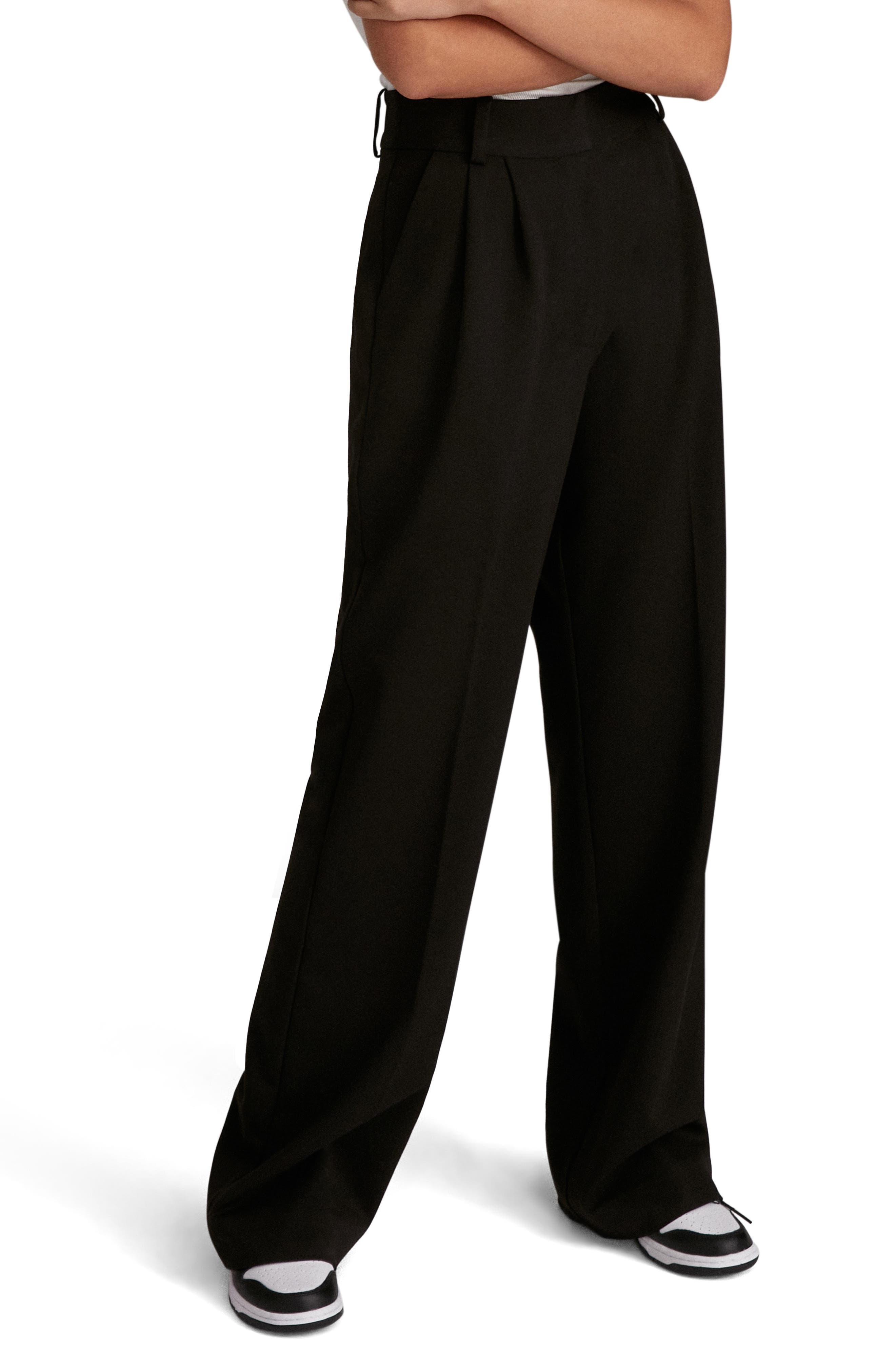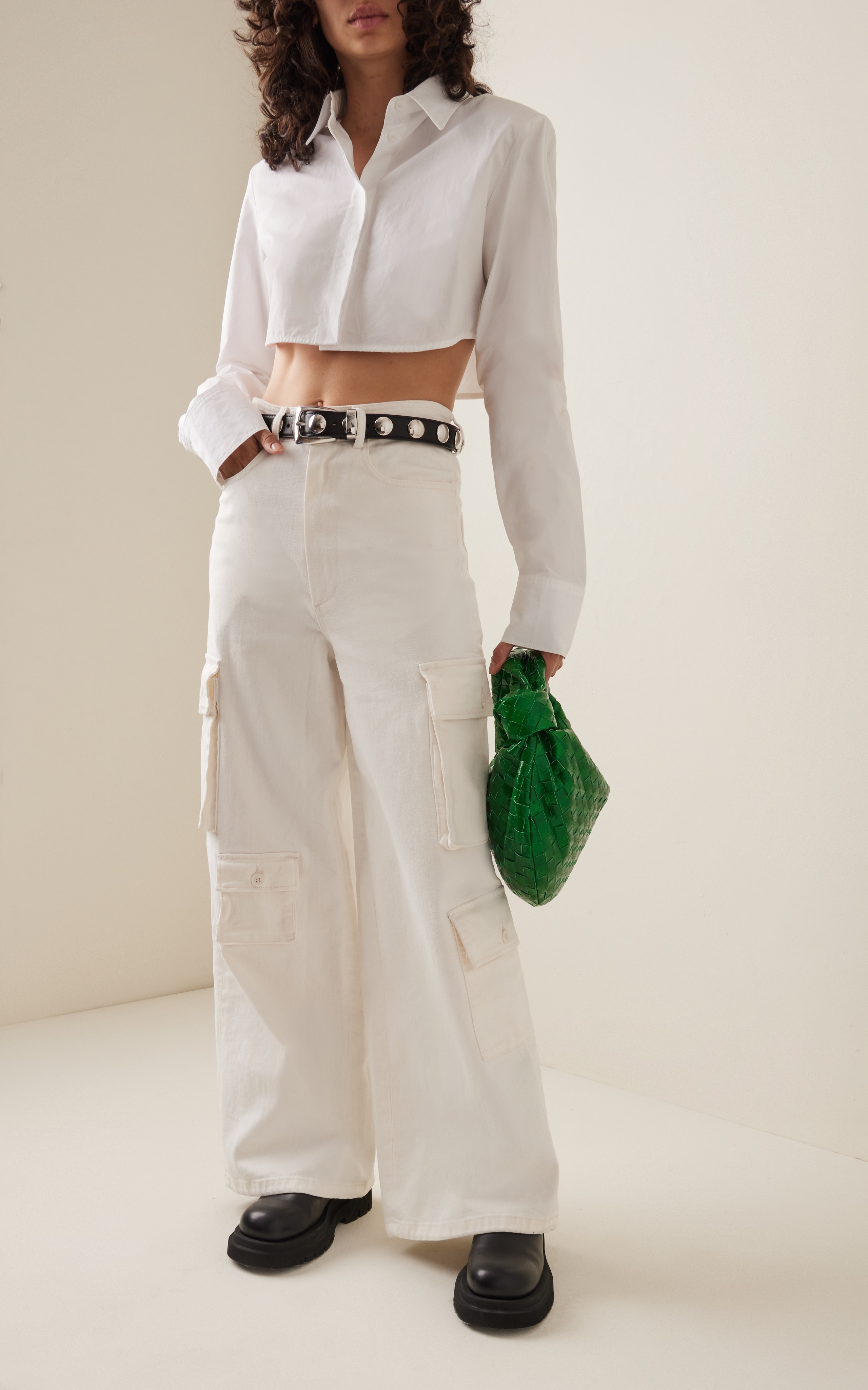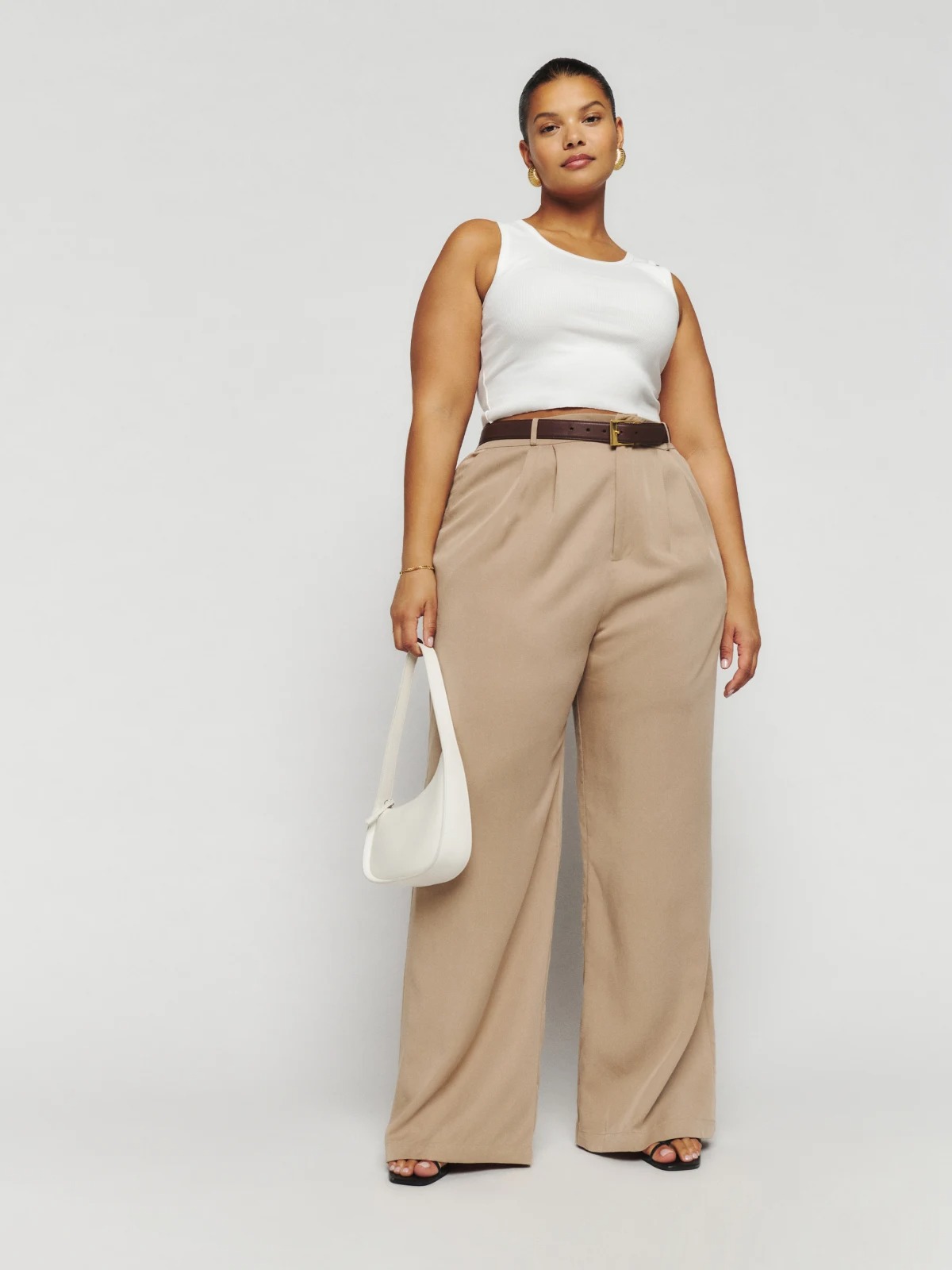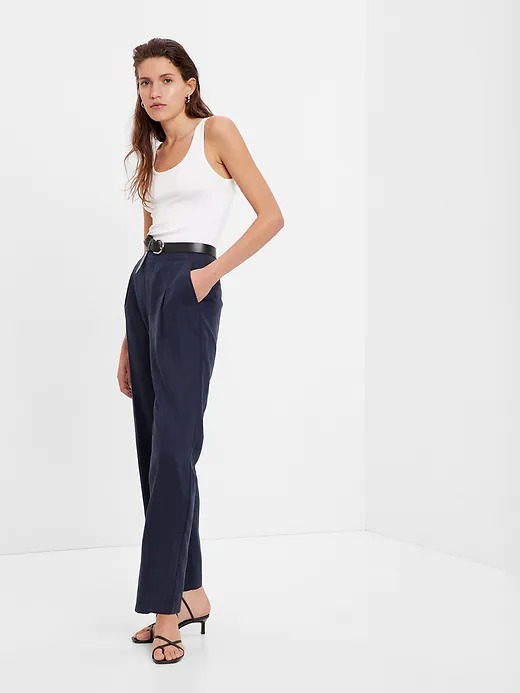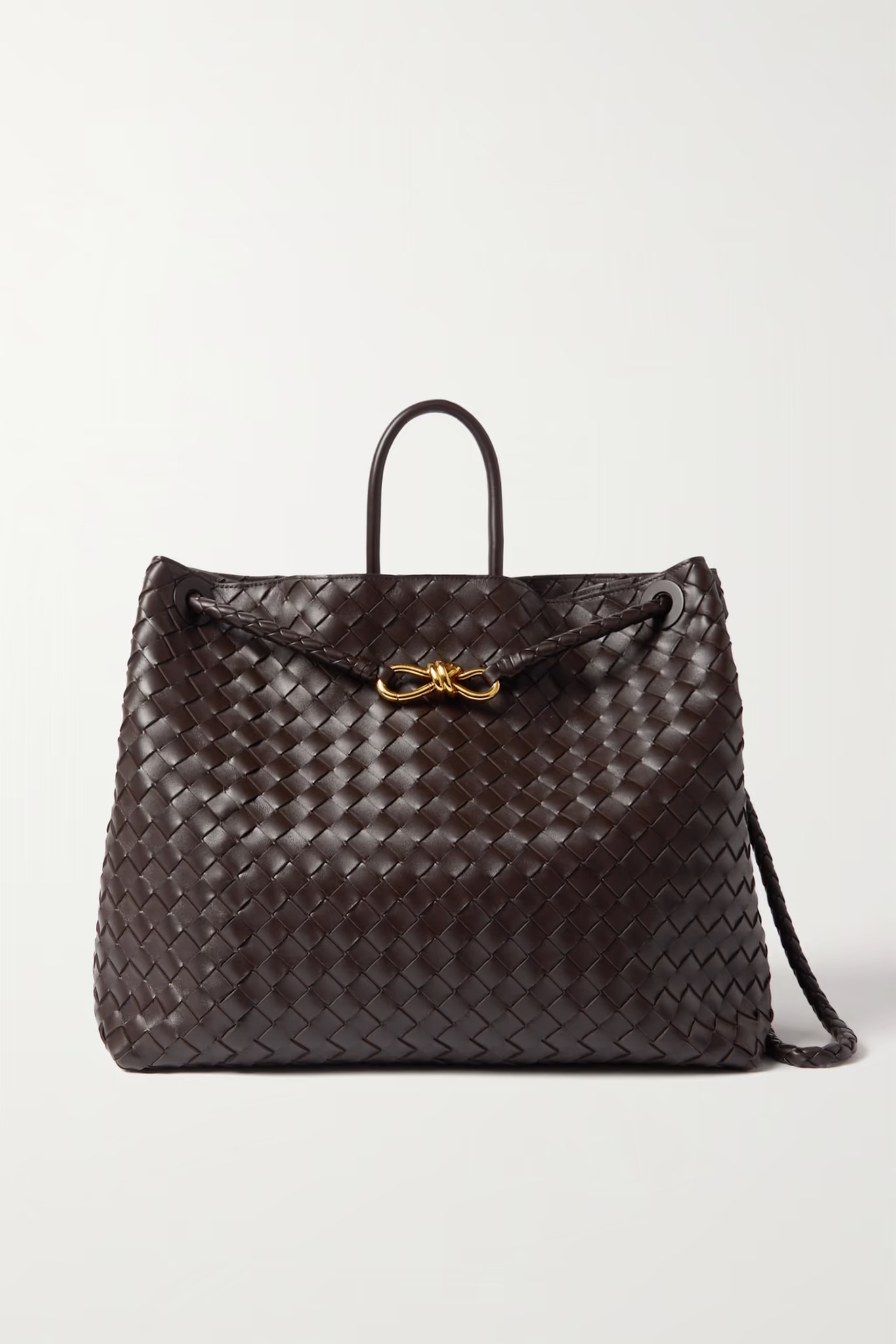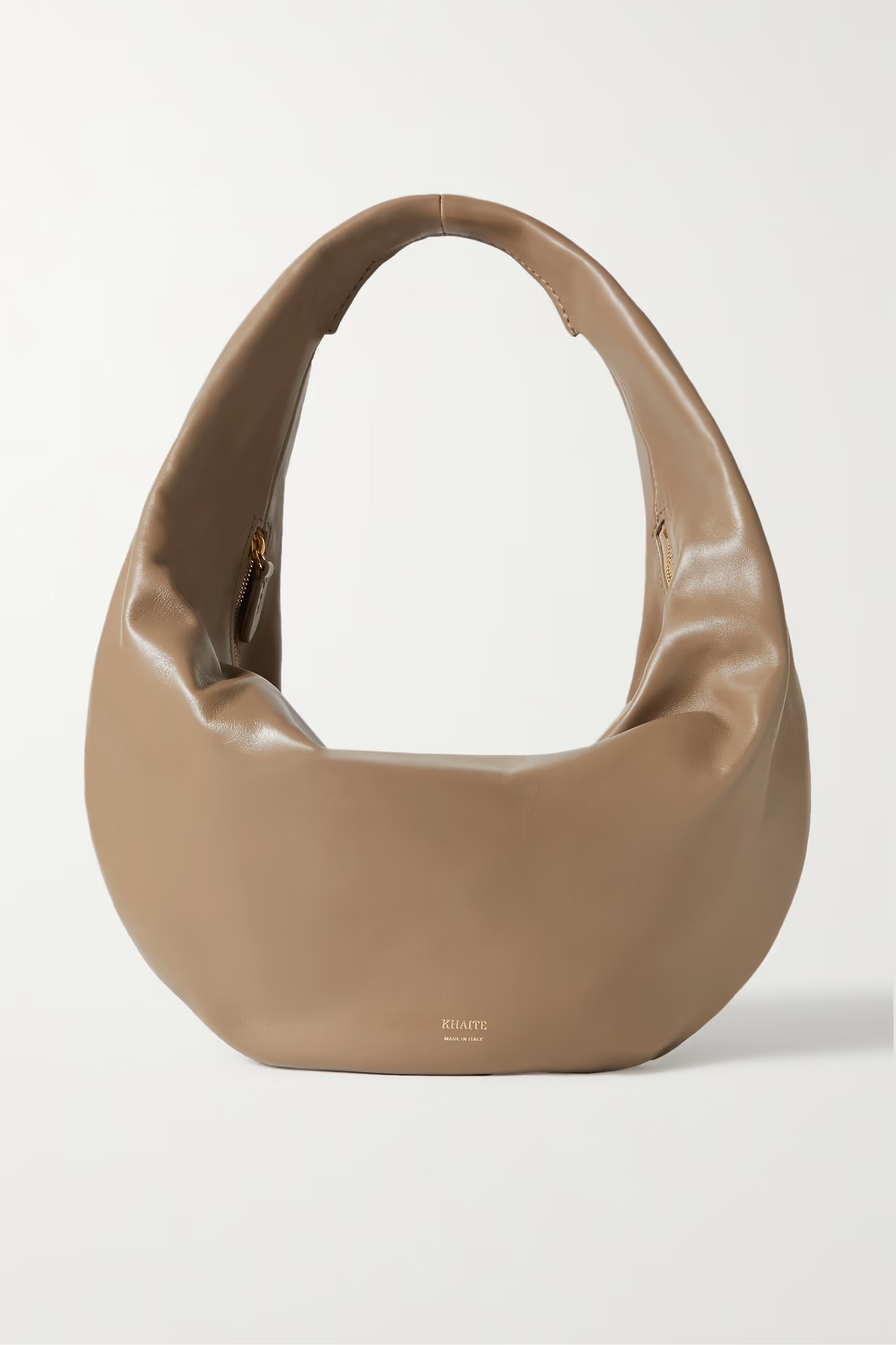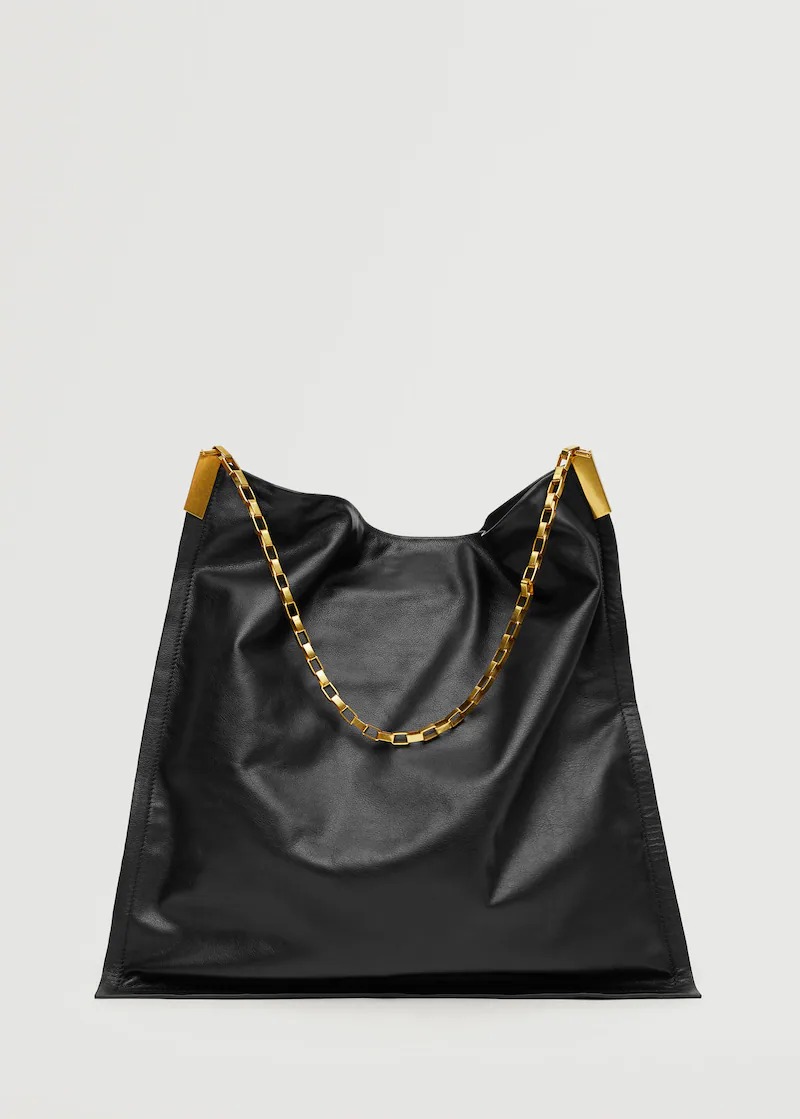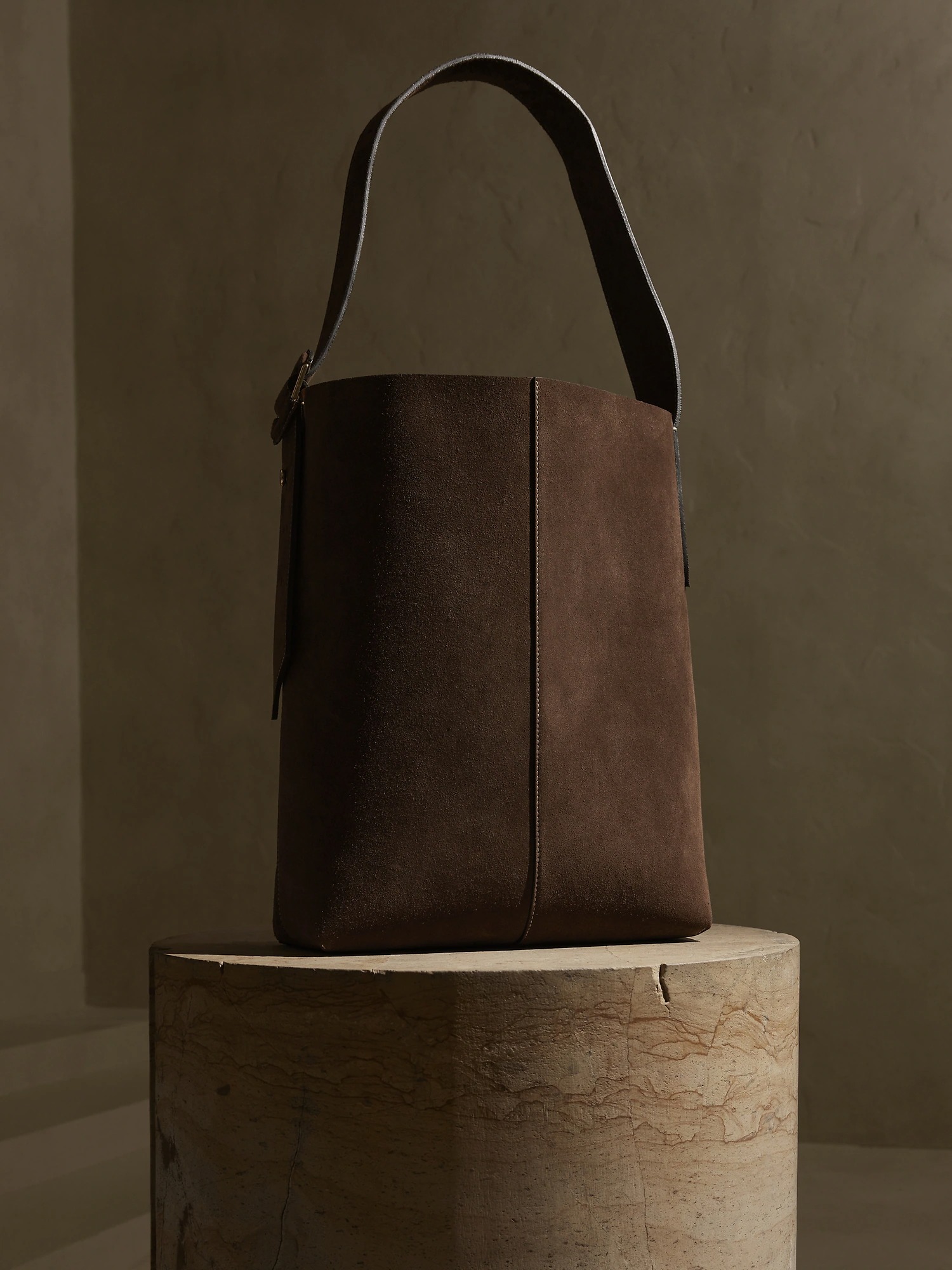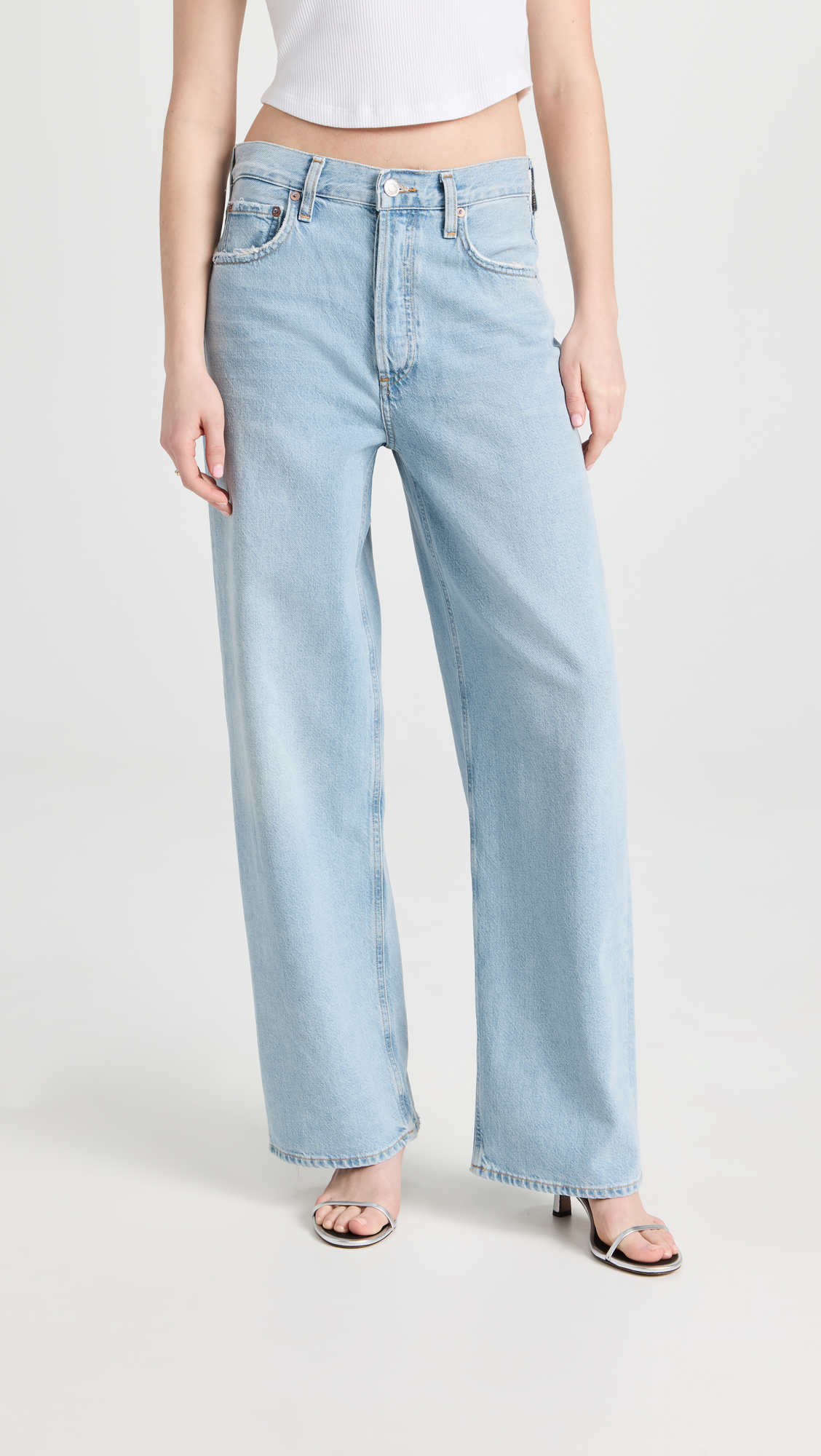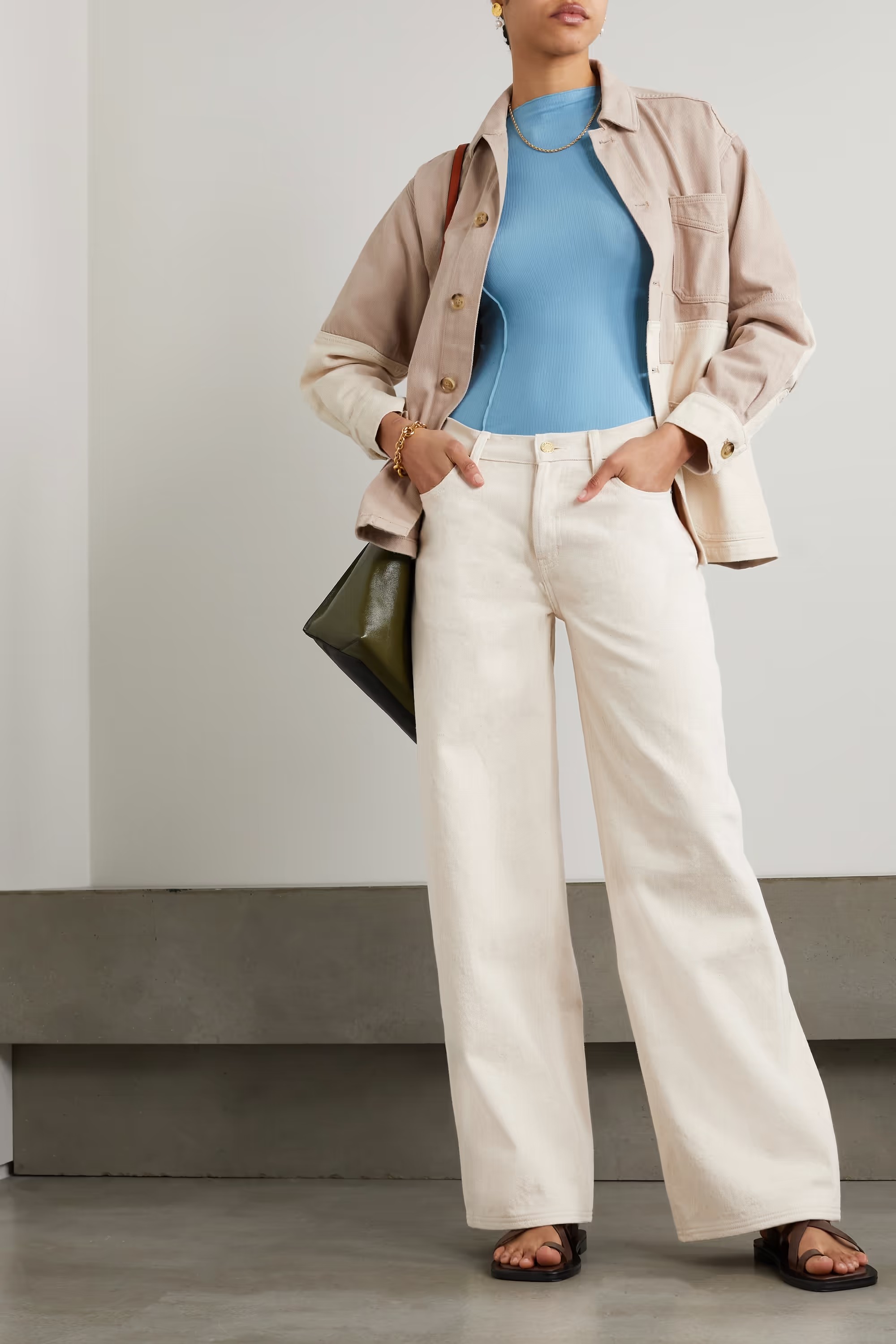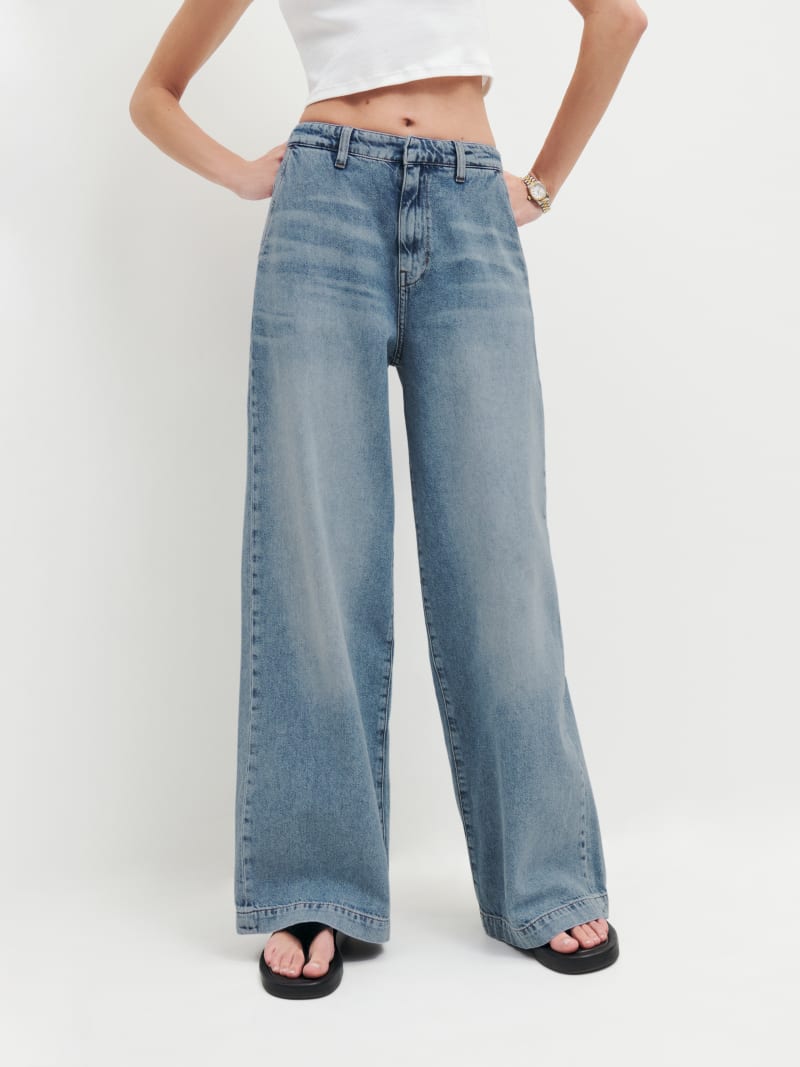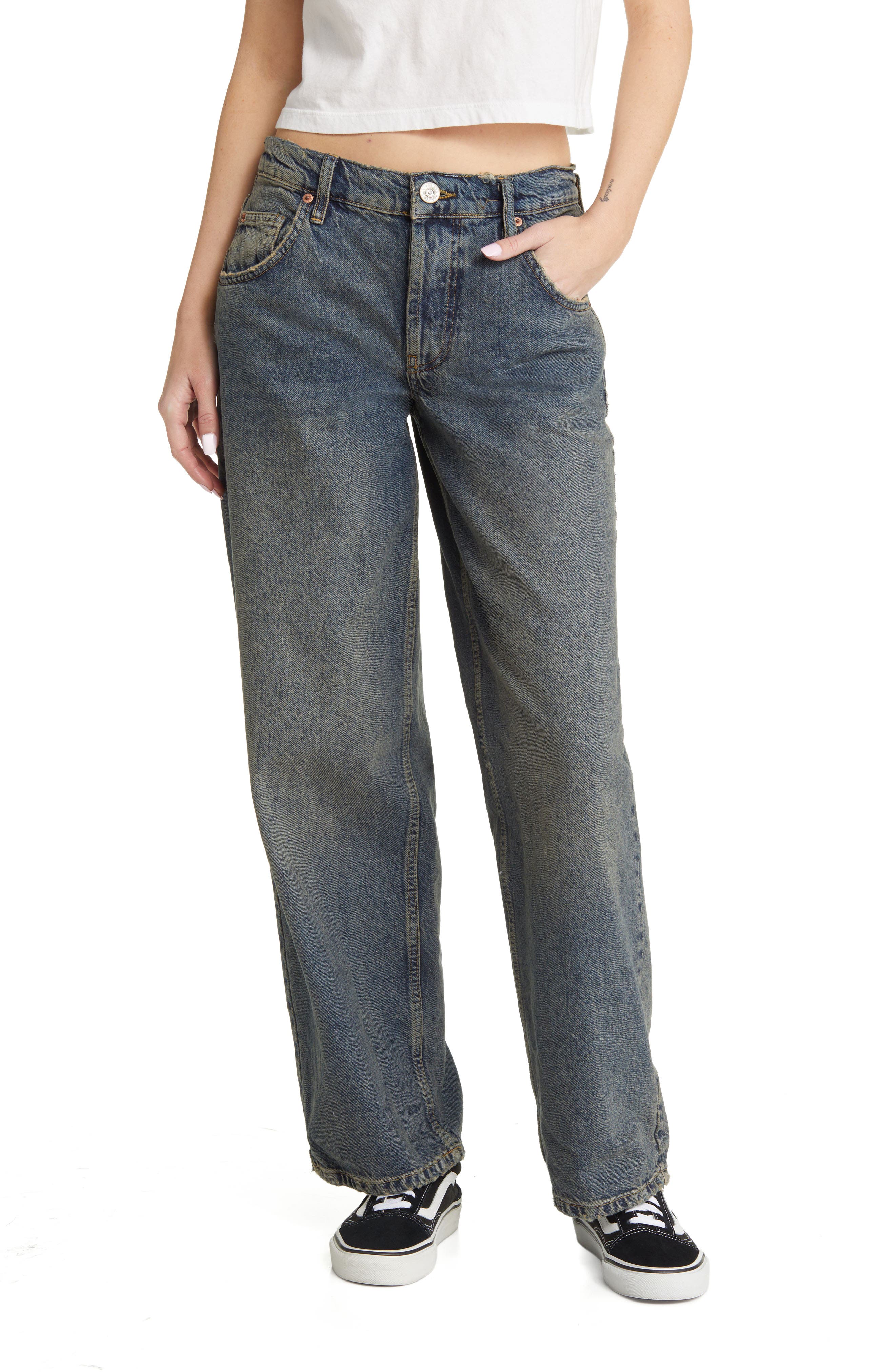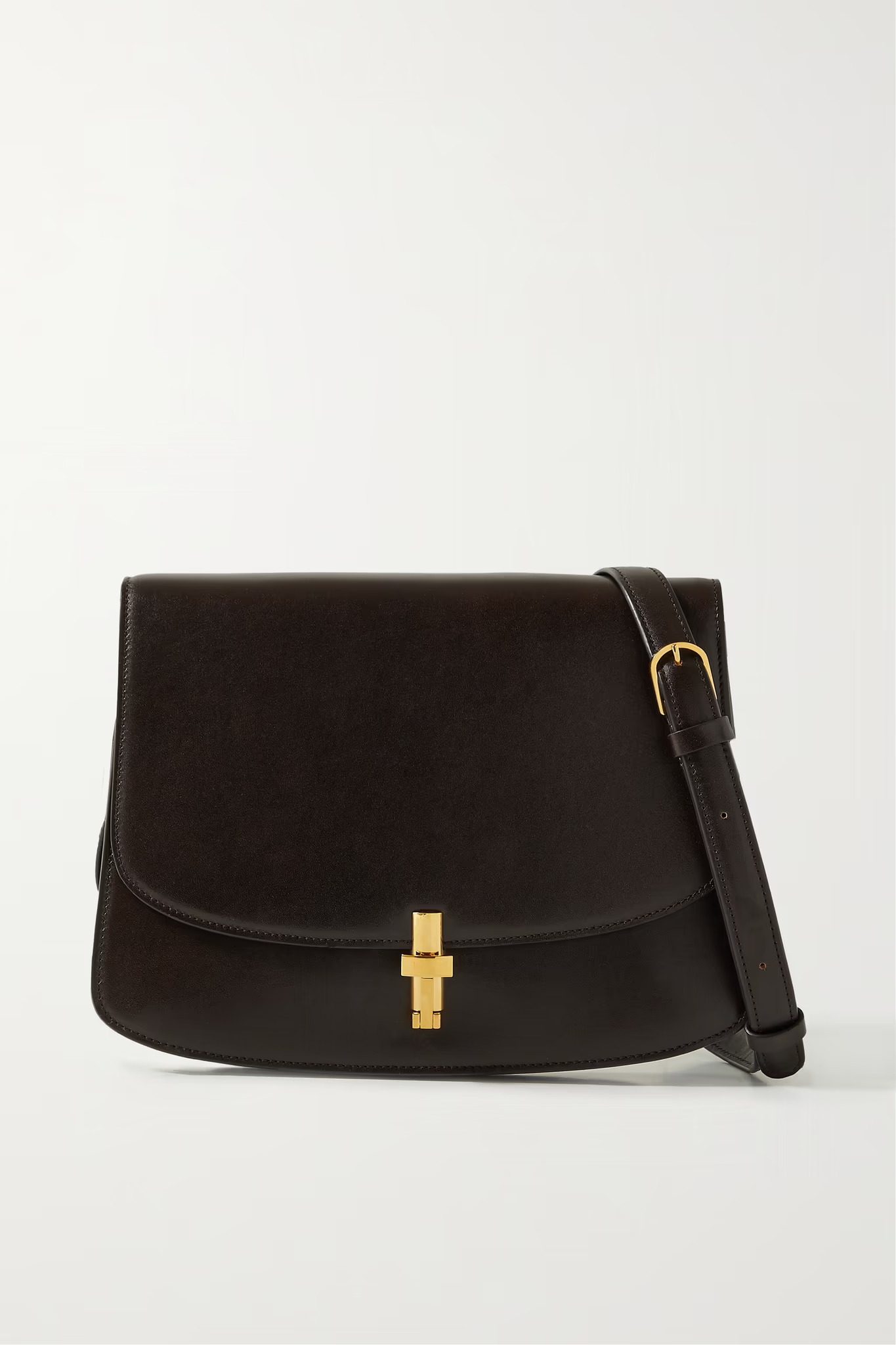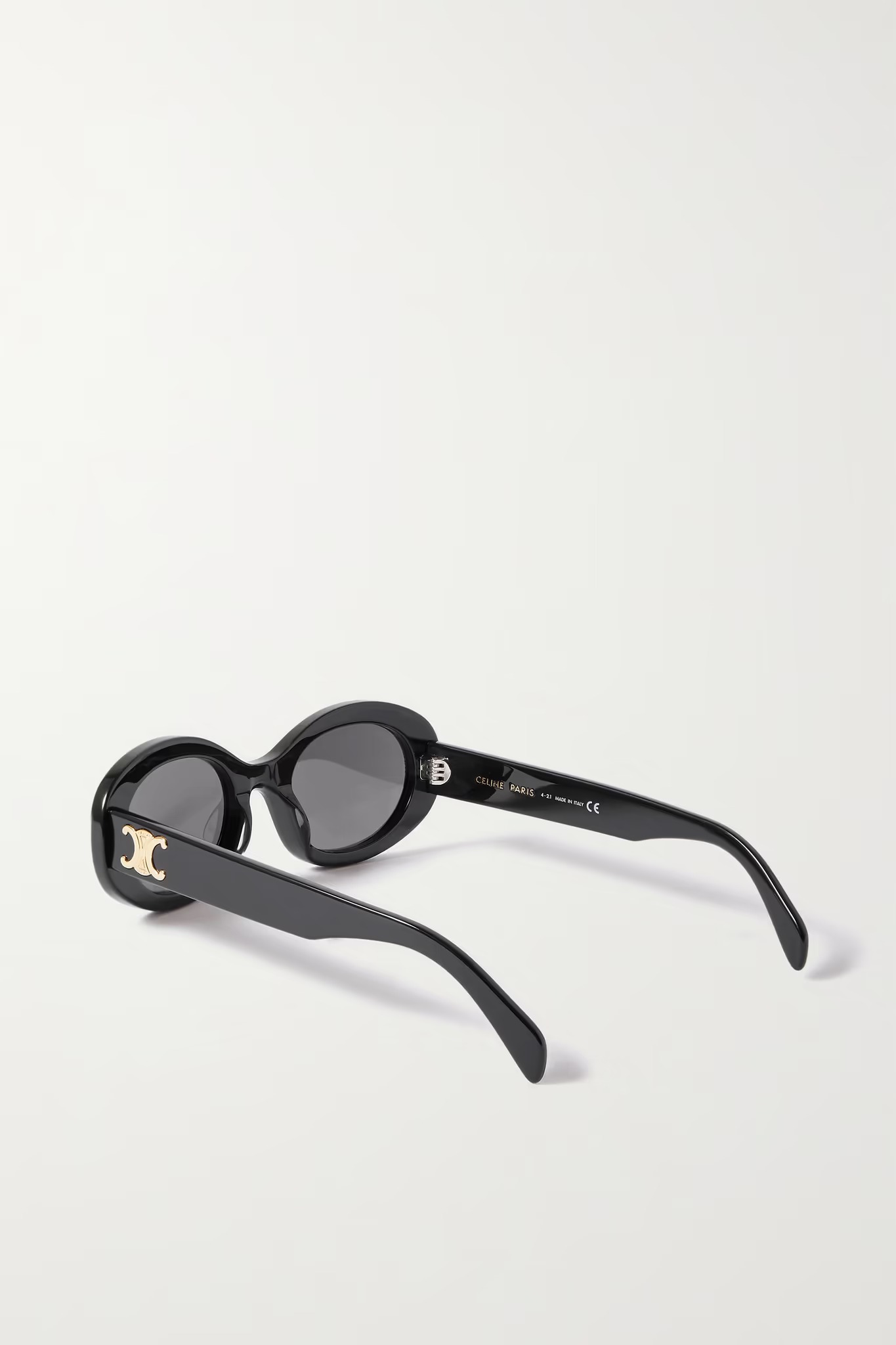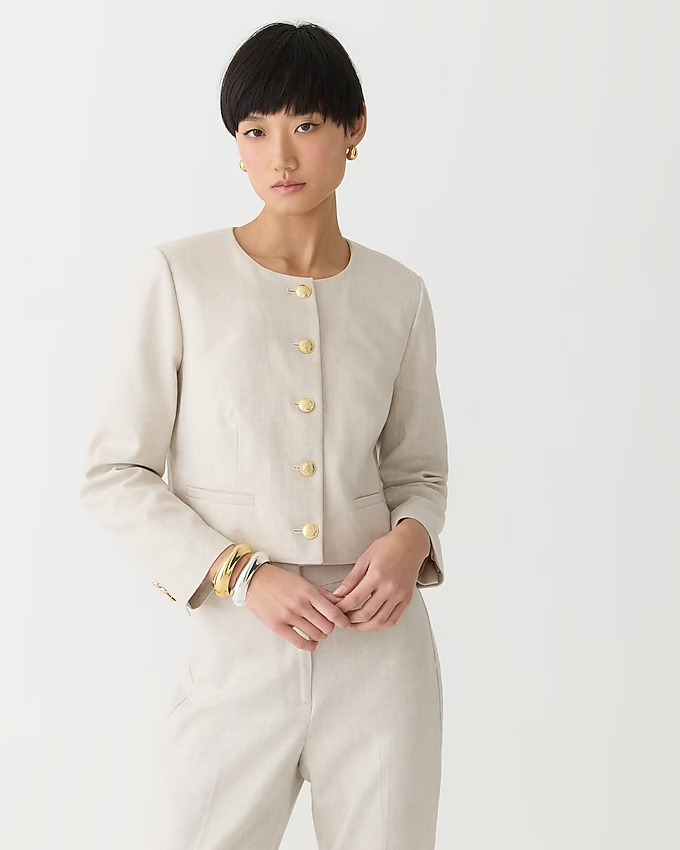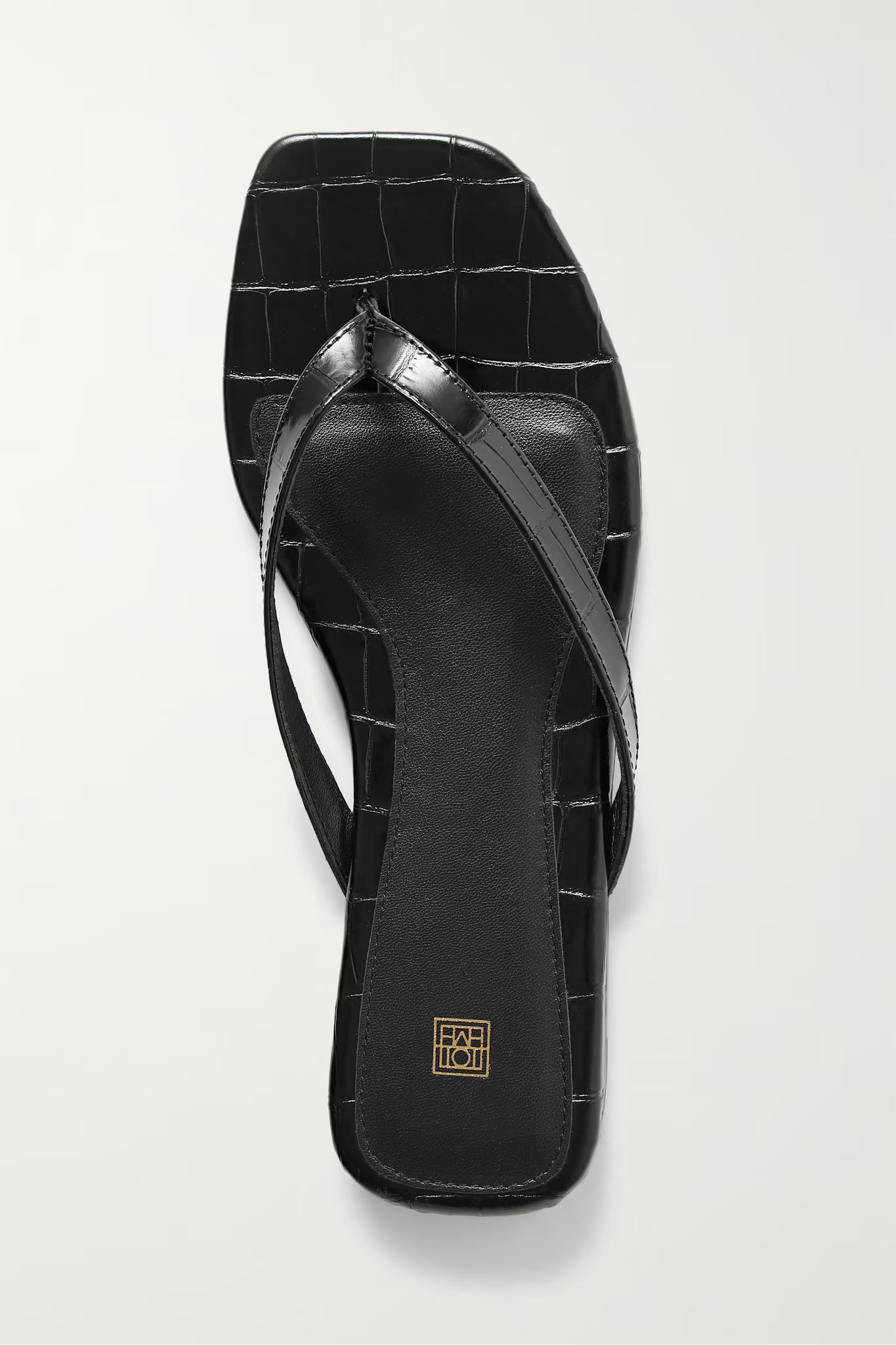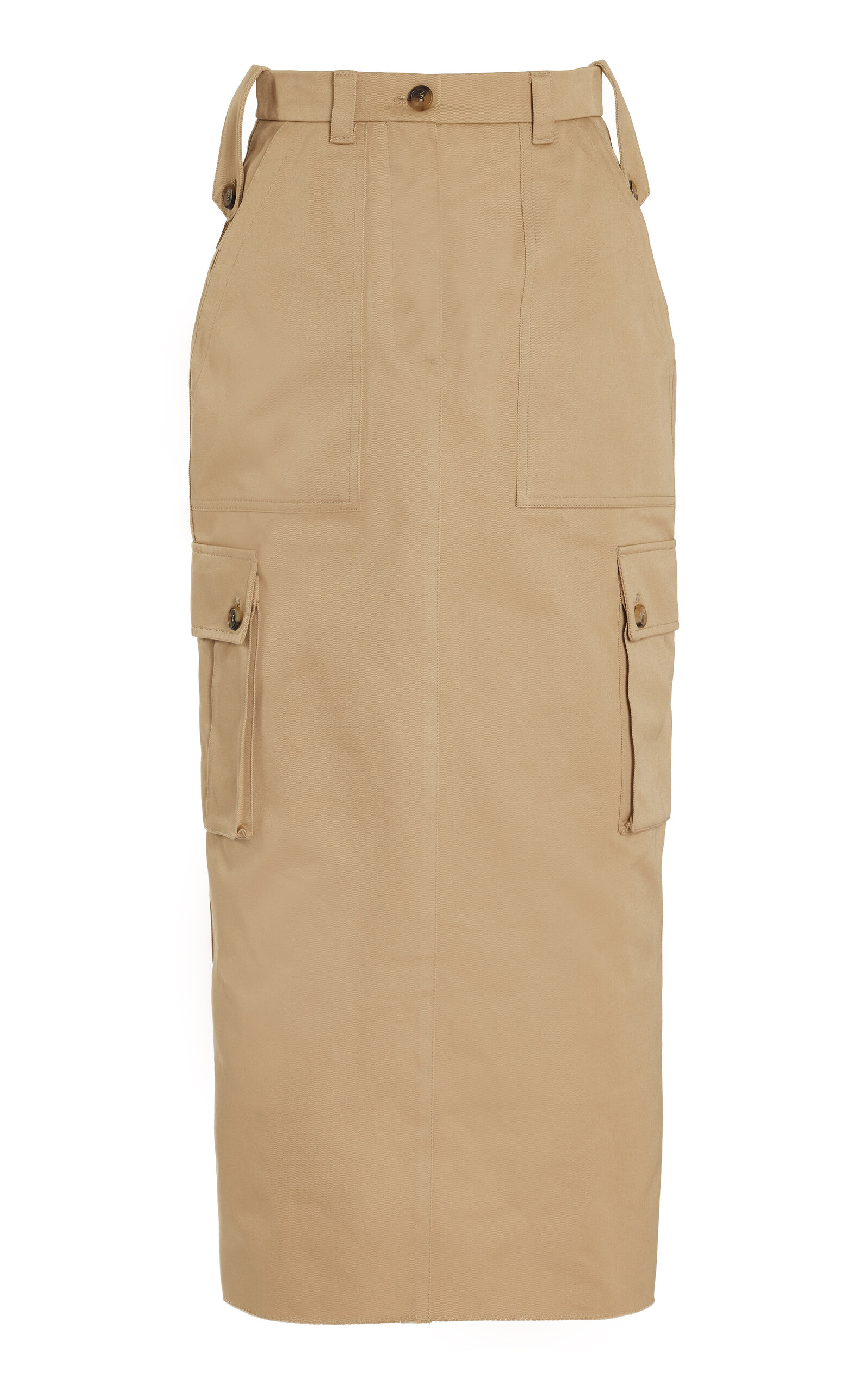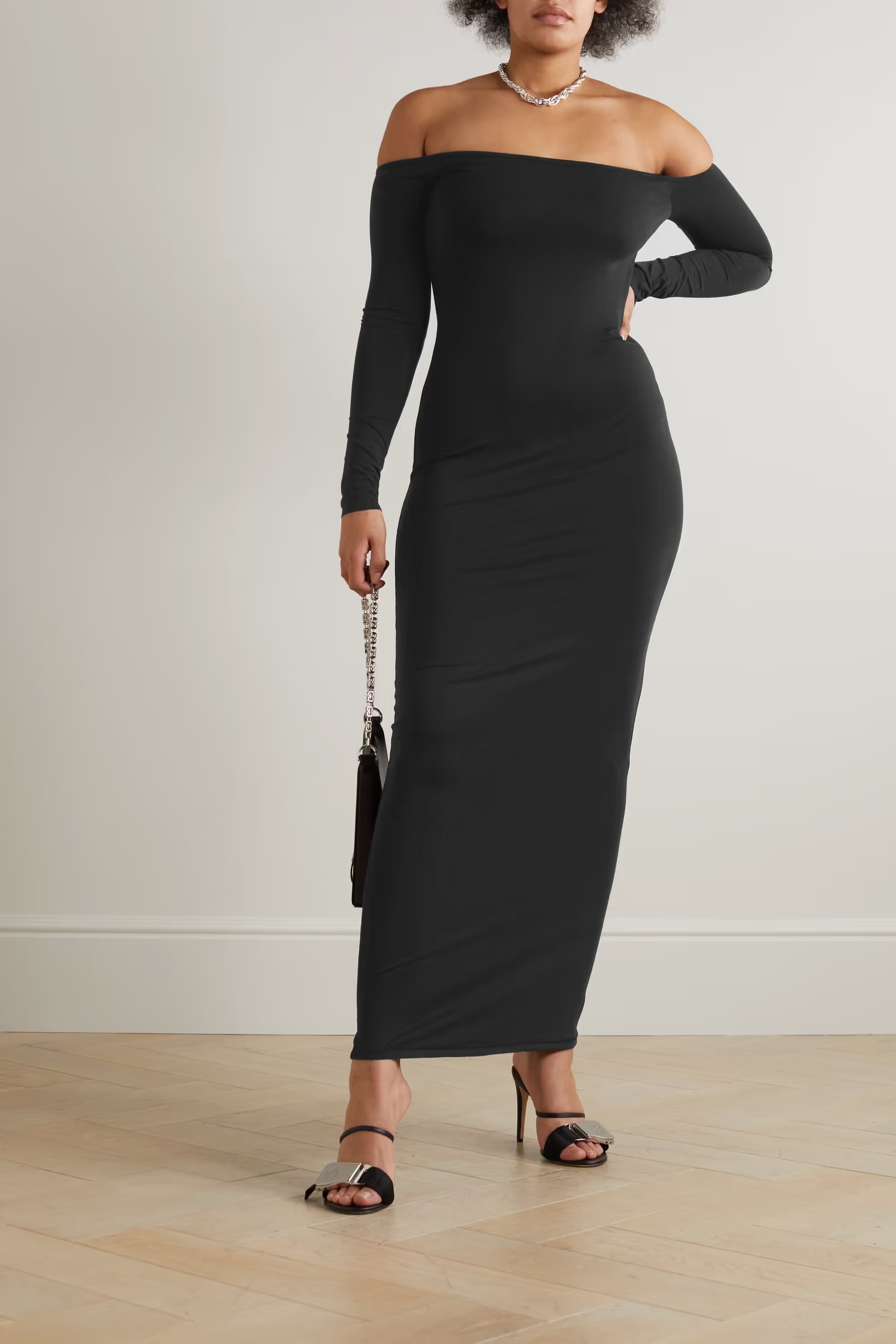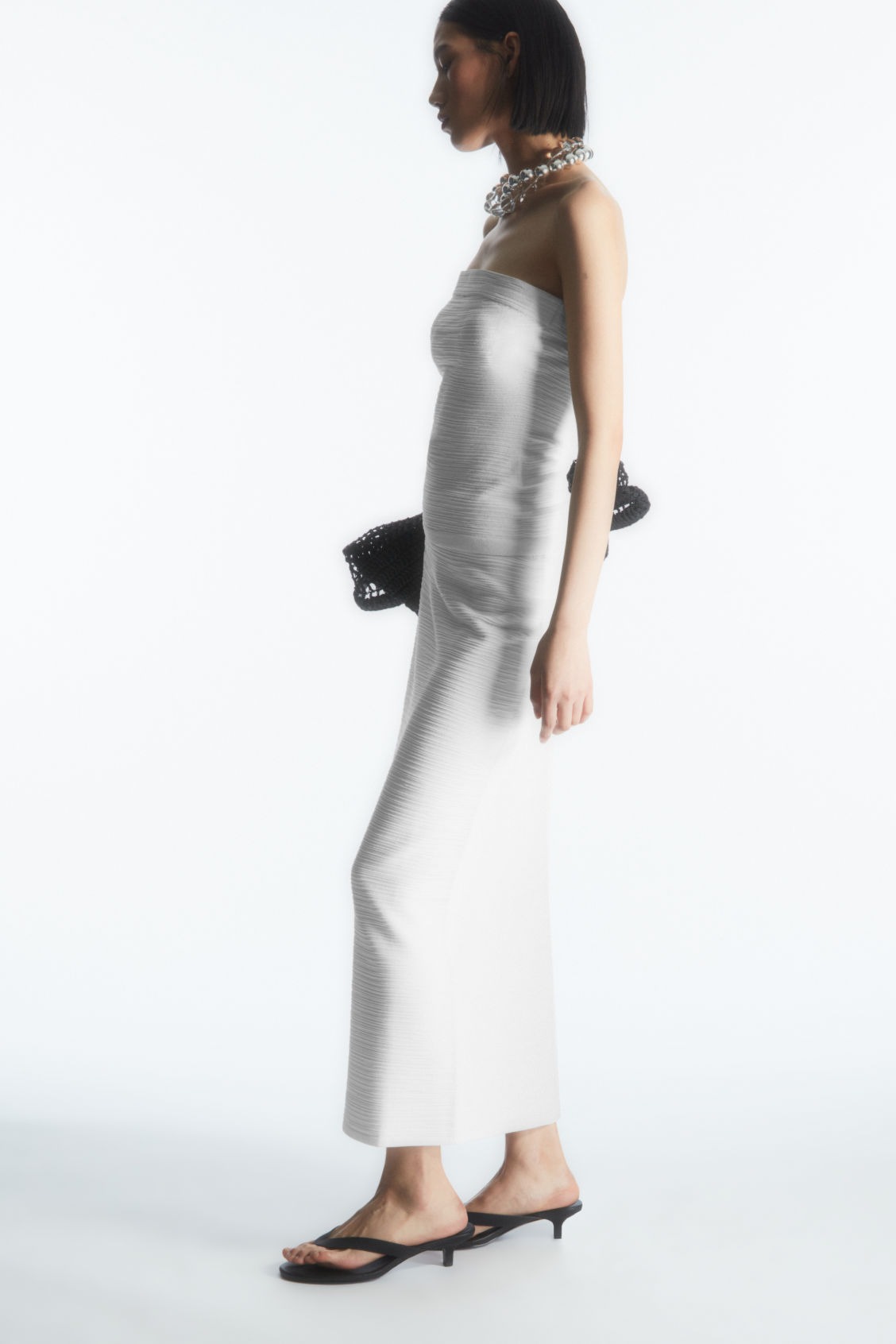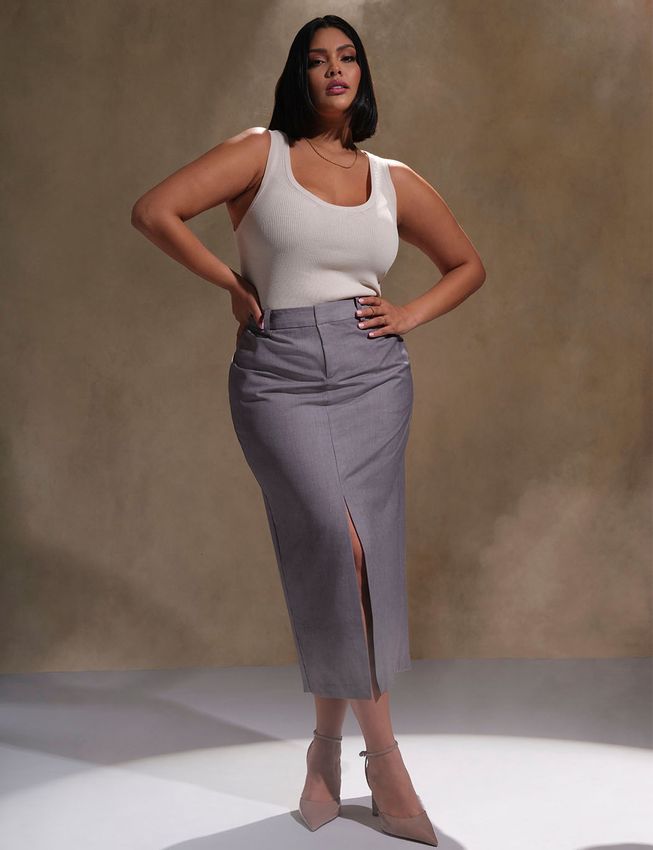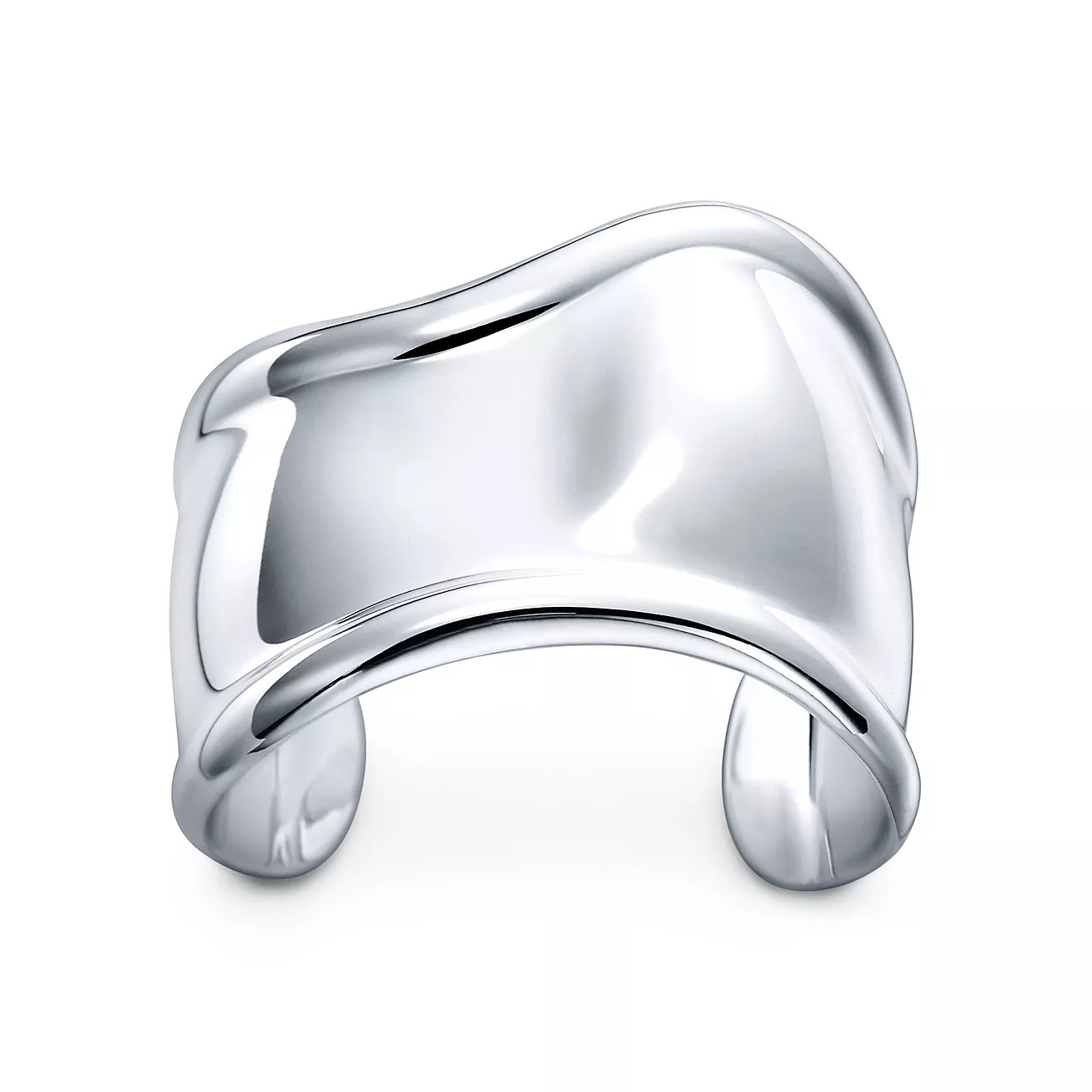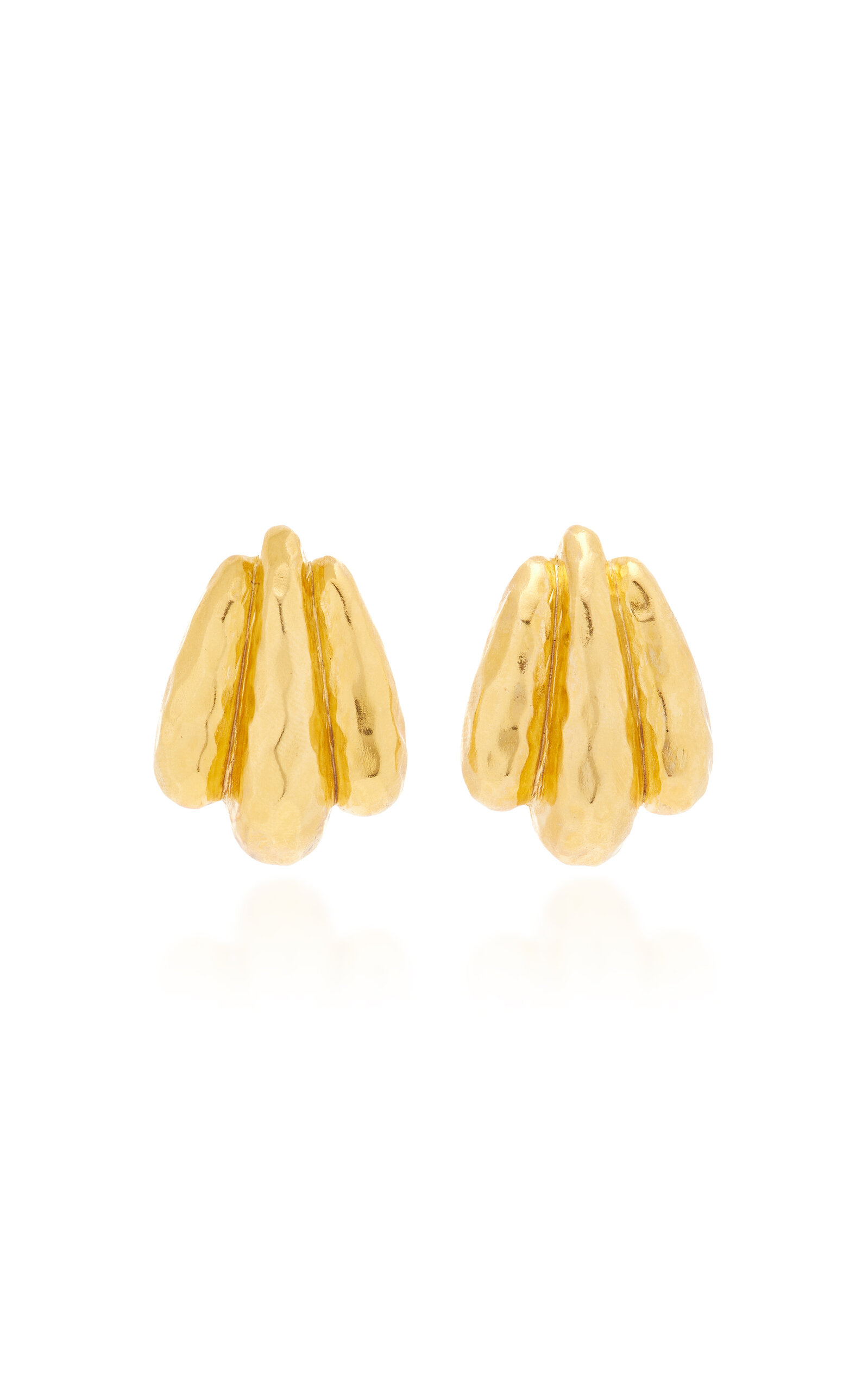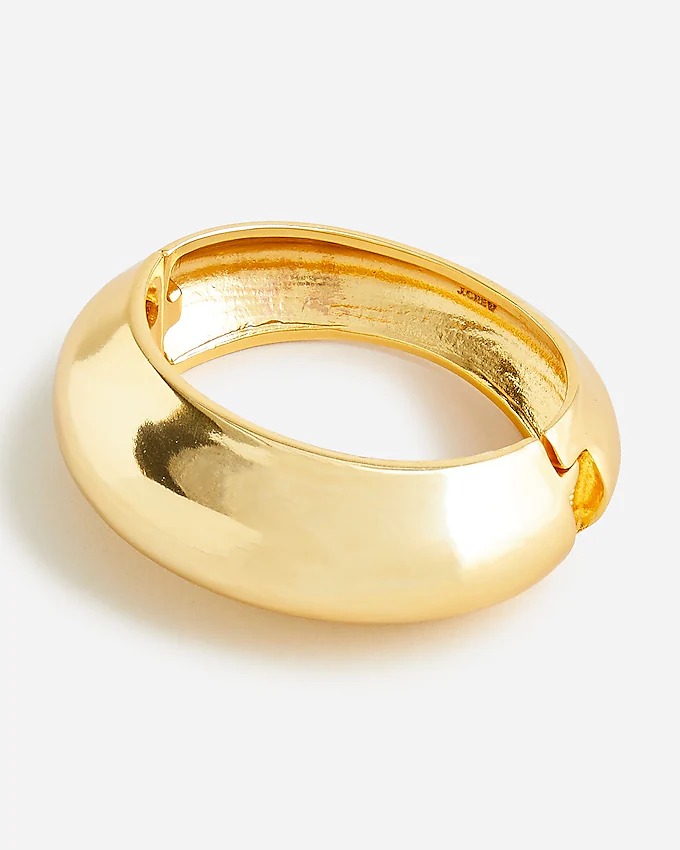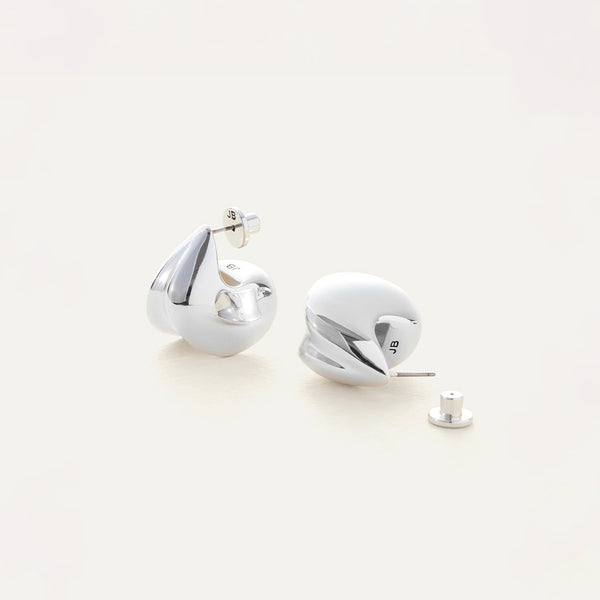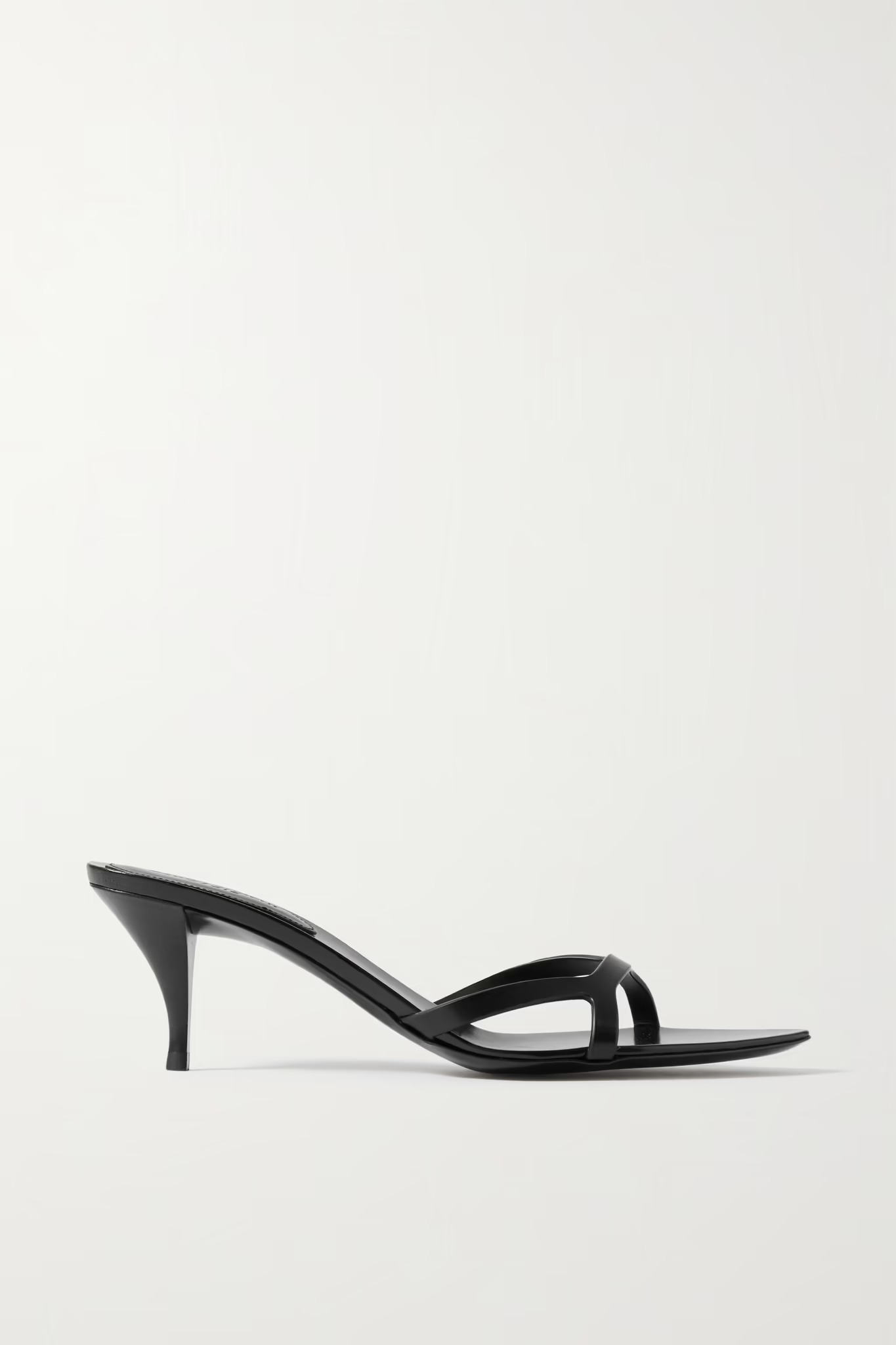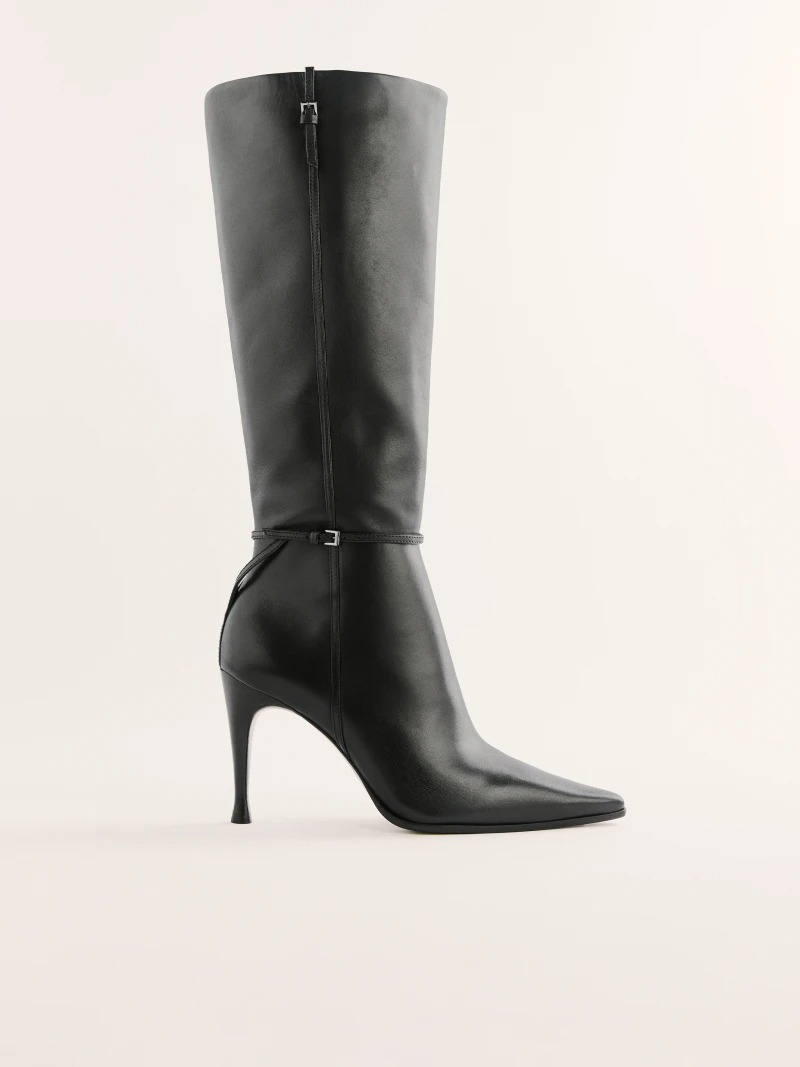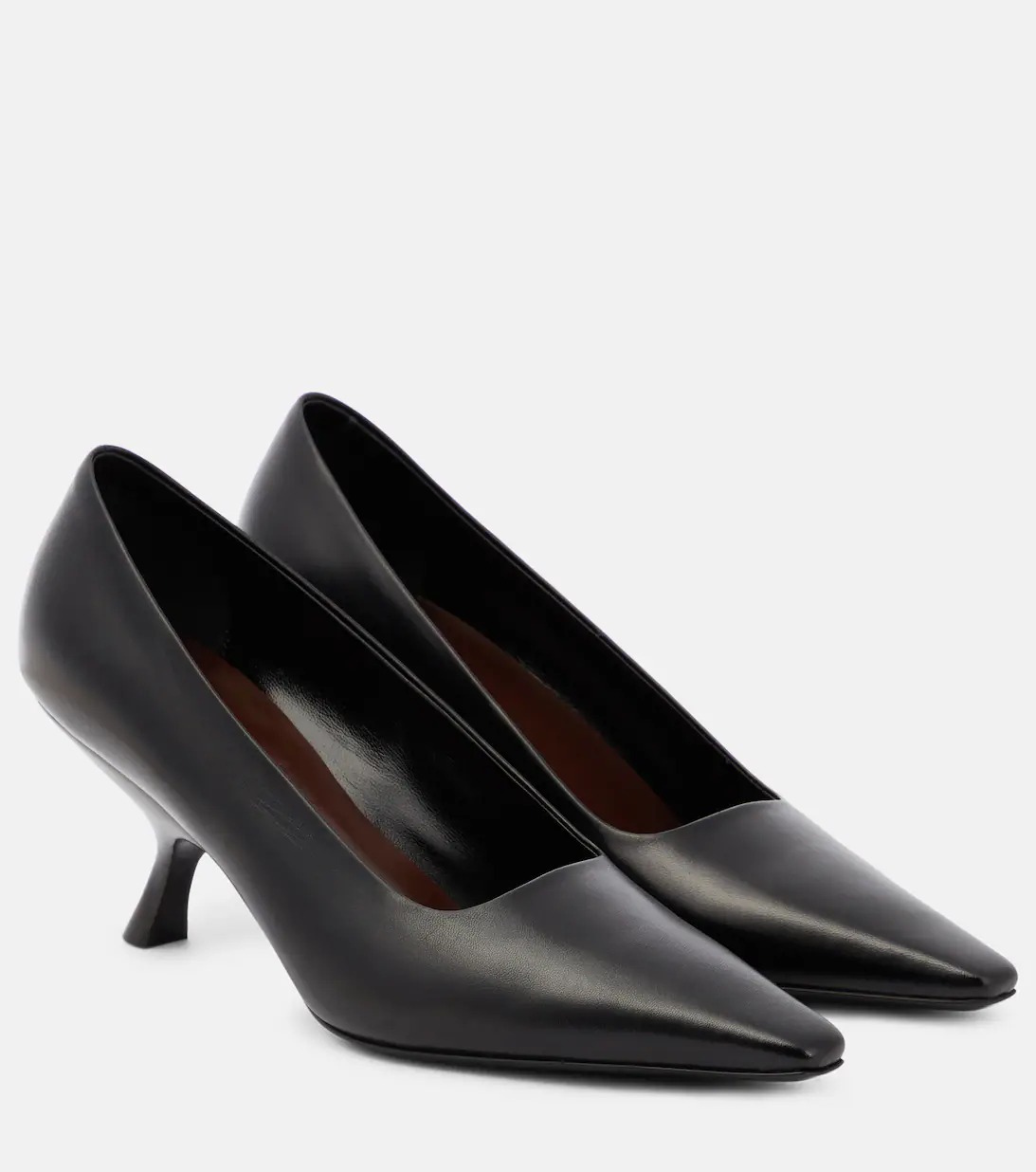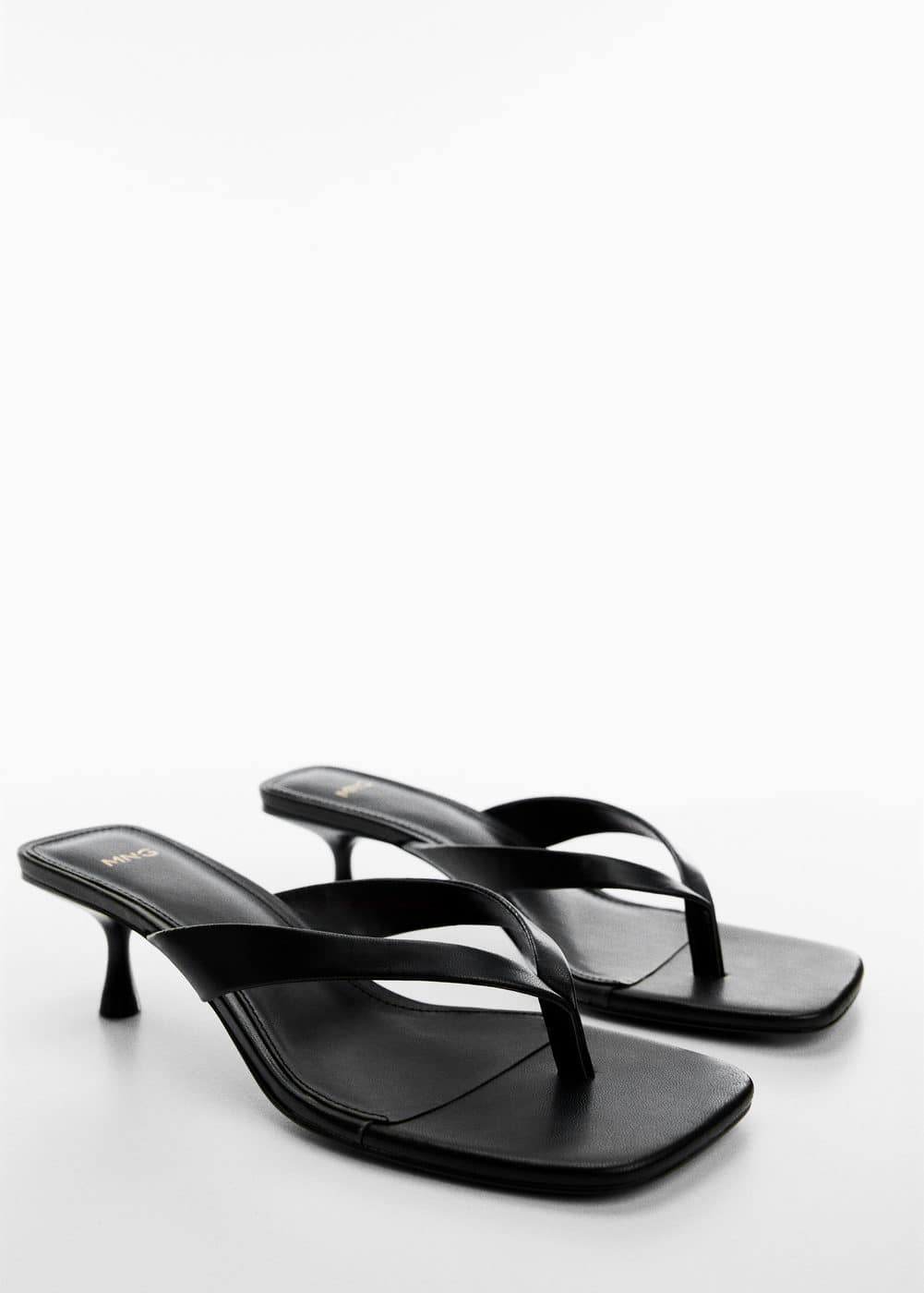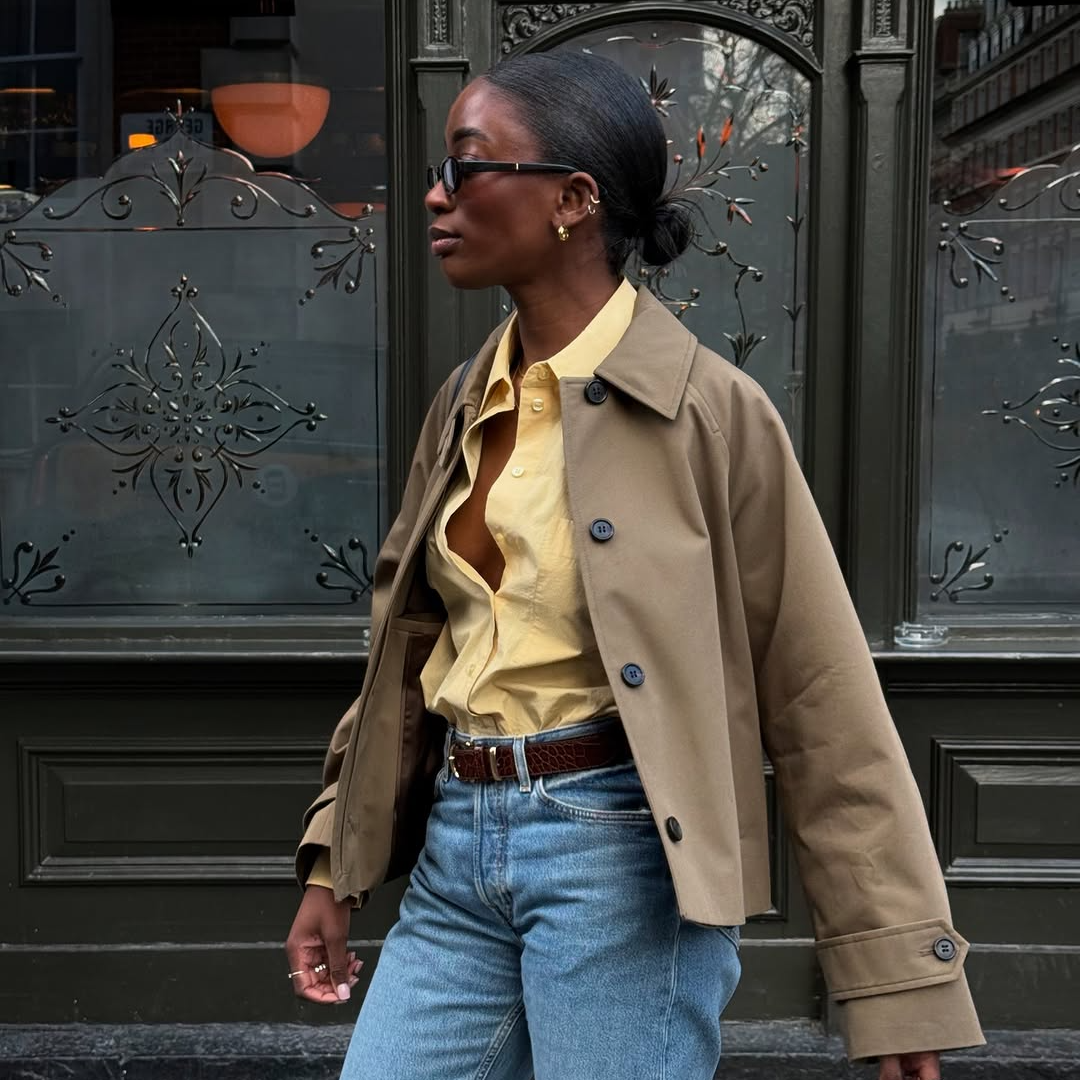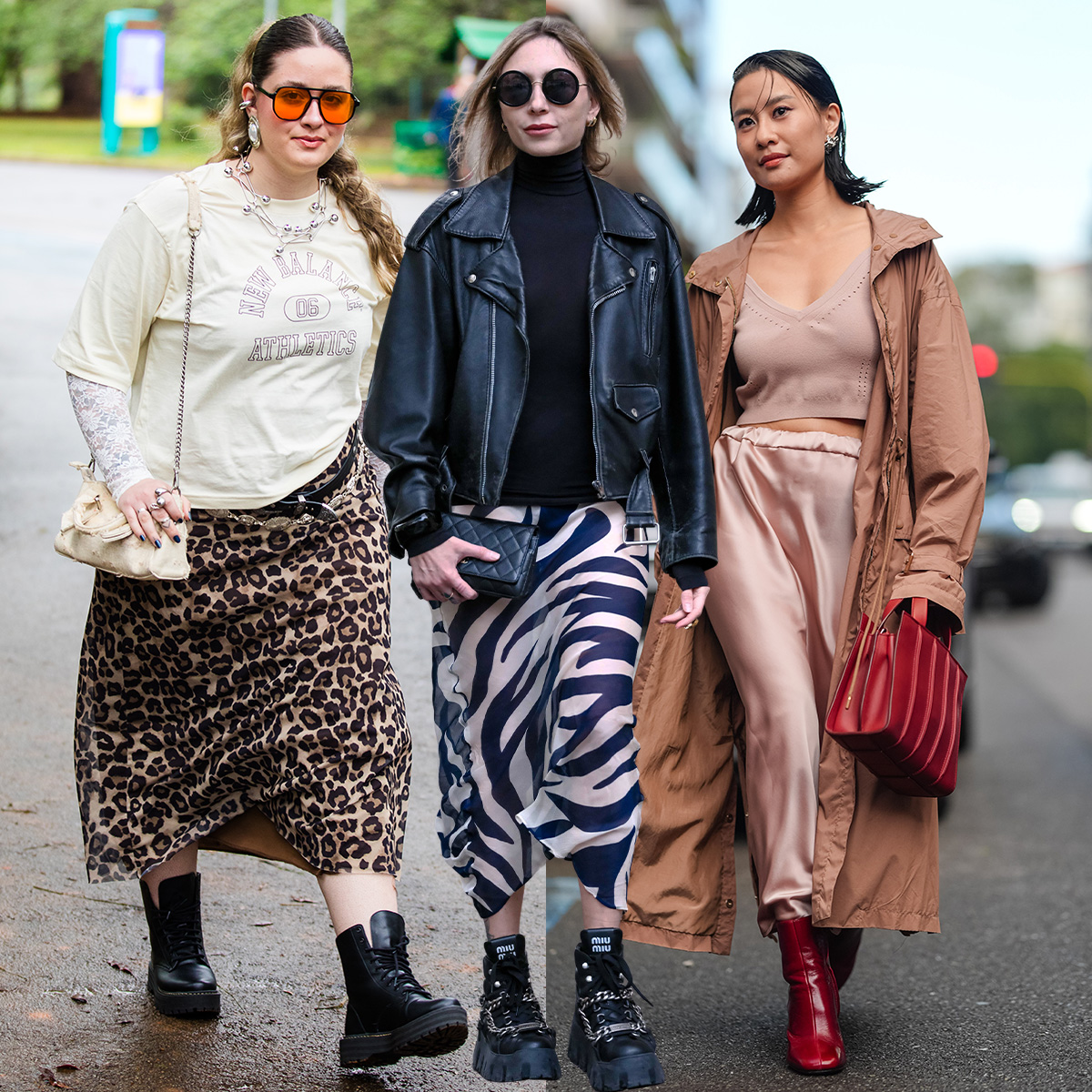Welcome to the State of Style: 7 Major Shifts That Are Defining the Early 2020s

Fashion has never existed in a vacuum—it's always merely been a symptom of larger global systems at play. For centuries, it has been used as a tool for political dissent, radical self-expression, and a sense of belonging. It's intrinsically tied to identity too. Whether or not we like to admit it, the clothing we wear says more about who we are and what we value than we could ever begin to express with words, from the jeans that expose what generation we fall into (looking at you, skinny jeans-wearing millennials) to the way we aim to dress for certain aesthetics to fit in with those who "get it."
So when we talk about current trends on here, it's not because our team of editors simply got together to decide what we think is cool enough to buy. Trends move in cycles, with certain silhouettes and styles reemerging like clockwork every 20 to 30 years and others bubbling up as a response to what's happening in the broader social, political, economic, and cultural sphere. In other words, when you get dressed in the morning, you might be easily fooled into thinking that each decision you make is all your own, but when you peel back the surface, there's an entire web of underlying elements that all wield an influence on what you're picking out and even how you're wearing it. Cue the Devil Wears Prada monologue about the origins of Andy Sachs's cerulean-blue sweater.
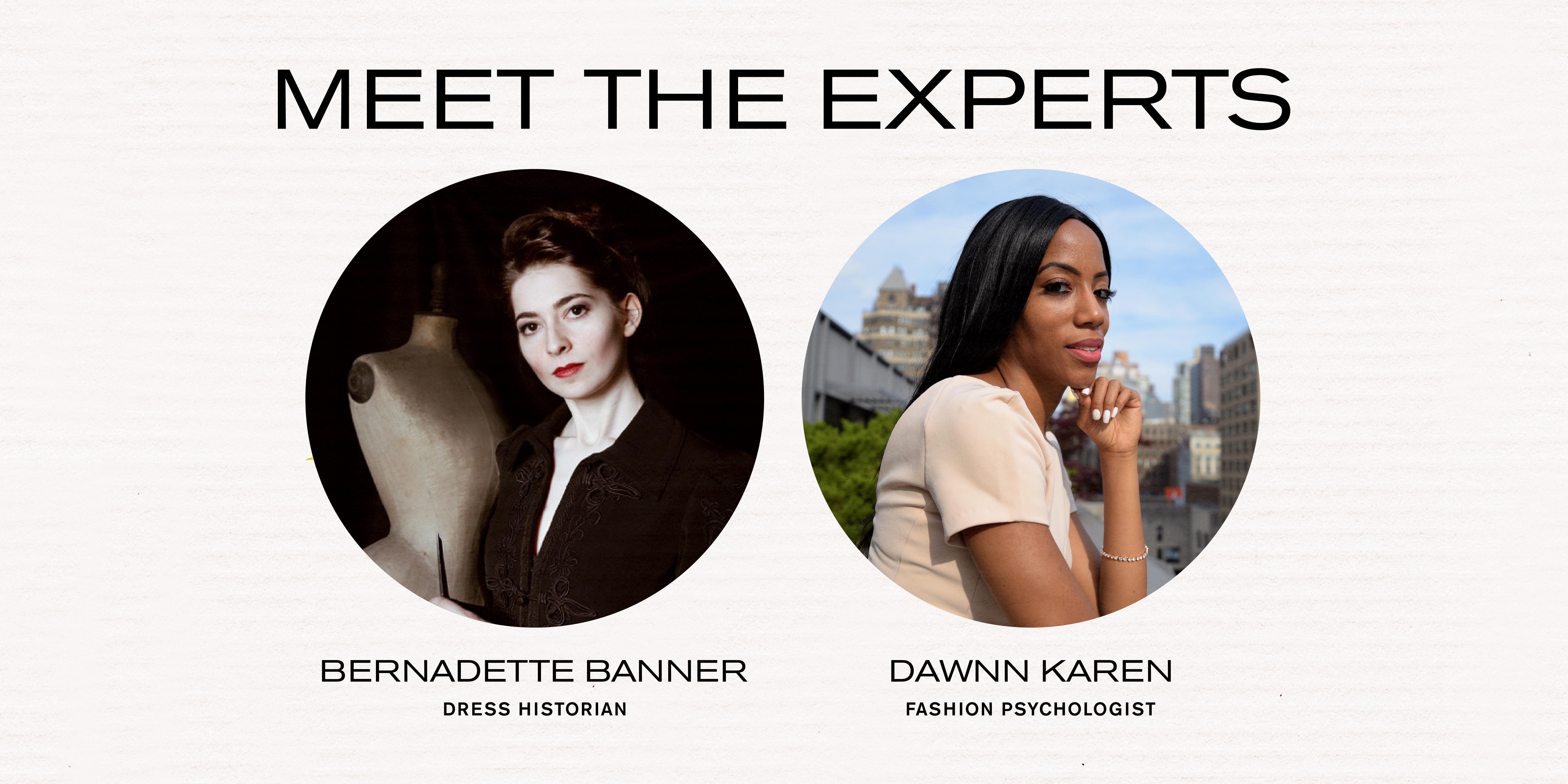
If you're an avid Who What Wear reader, you're used to hearing mostly from voices inside the fashion industry in the form of stylists, editors, and influencers, but today, we're tapping experts with two distinct perspectives to lend a different angle to our bread-and-butter trend reporting.
First up is Bernadette Banner, a dress historian and prolific YouTuber with a subscriber base north of 1.6 million. Her feed includes everything from critiques on how historically accurate the costumes in popular TV shows are to videos busting myths around corsets. For Banner, studying the construction, silhouettes, materials, and wear on the clothes that people wore throughout history is a way to add more color and detail that goes beyond what's written in our history books. Her work uses fashion as a tool for gaining a deeper understanding of who we are and where we've been.
"Fashion has always been linked to the wider context of the period," Banner insists. "Part of the value in studying dress history is in gaining that more intimate understanding of how the individual connected with the political, social, and economic climates of their immediate world."
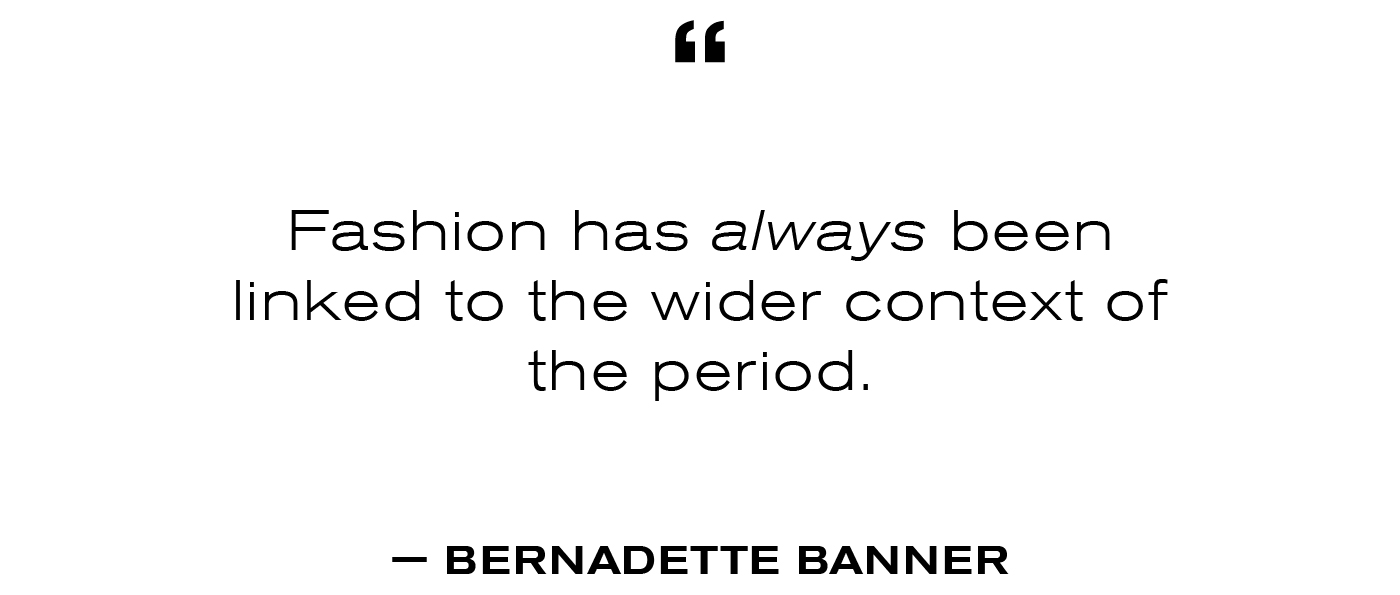
Fashion is not only a tool for studying the past, though. It can also help us understand our own internal world. What we choose to wear is a direct reflection of our hopes, dreams, anxieties, and fears, and nobody understands that correlation quite like fashion psychologist Dawnn Karen. As an FIT professor, founder of the Fashion Psychology Institute, and author of titles such as Dress Your Best Life: How to Use Fashion Psychology to Take Your Look—and Your Life—to the Next Level, Karen could be considered a leading expert on the topic.
As for what a fashion psychologist actually does, Karen describes her work as "creating an alignment between the internal and the external, or the attitude and the attire." She studies how color, image, style, shape, and beauty affect human behavior. Karen has written extensively on the topic, so when we spoke about the major influences on spring 2023 style, she had a lot of thoughts.
"If you think about the series of global events that have occurred in the past three years—the pandemic, war, racial tensions, gun violence—there's a slew of events that are affecting us collectively," Karen points out. While these are likely to be on your mind when you're reading the morning news, she argues that they're what define our collective psyche and, therefore, what's on our minds as we get dressed and move throughout the rest of our day.
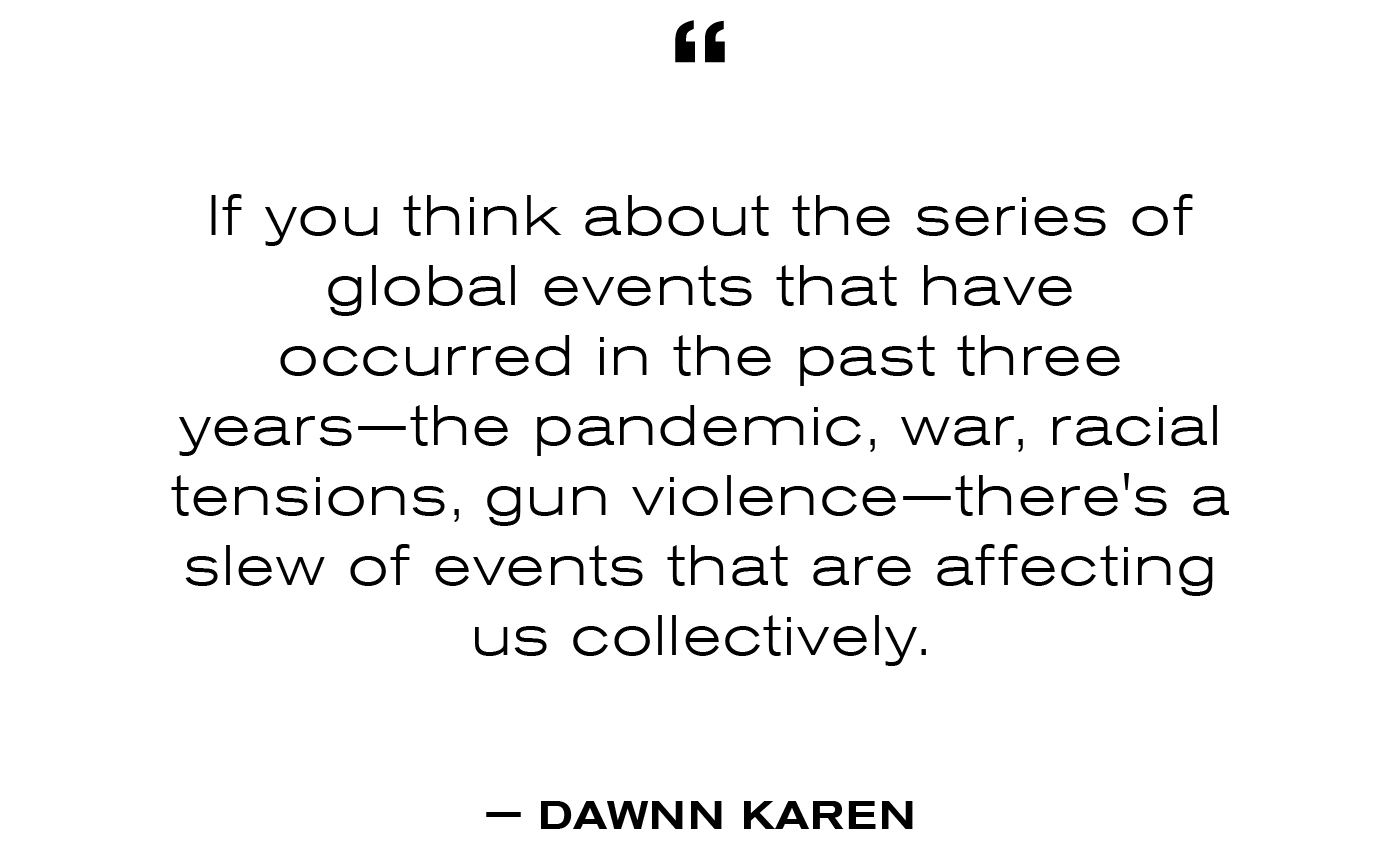
Ahead, we're breaking down the seven major style shifts that not only represent the present moment but will also come to define the entirety of the early 2020s. Think of this as our State of the Union—it's a deep dive into where fashion currently is, where it's heading next, and how the world we live in today plays a role in all of it.
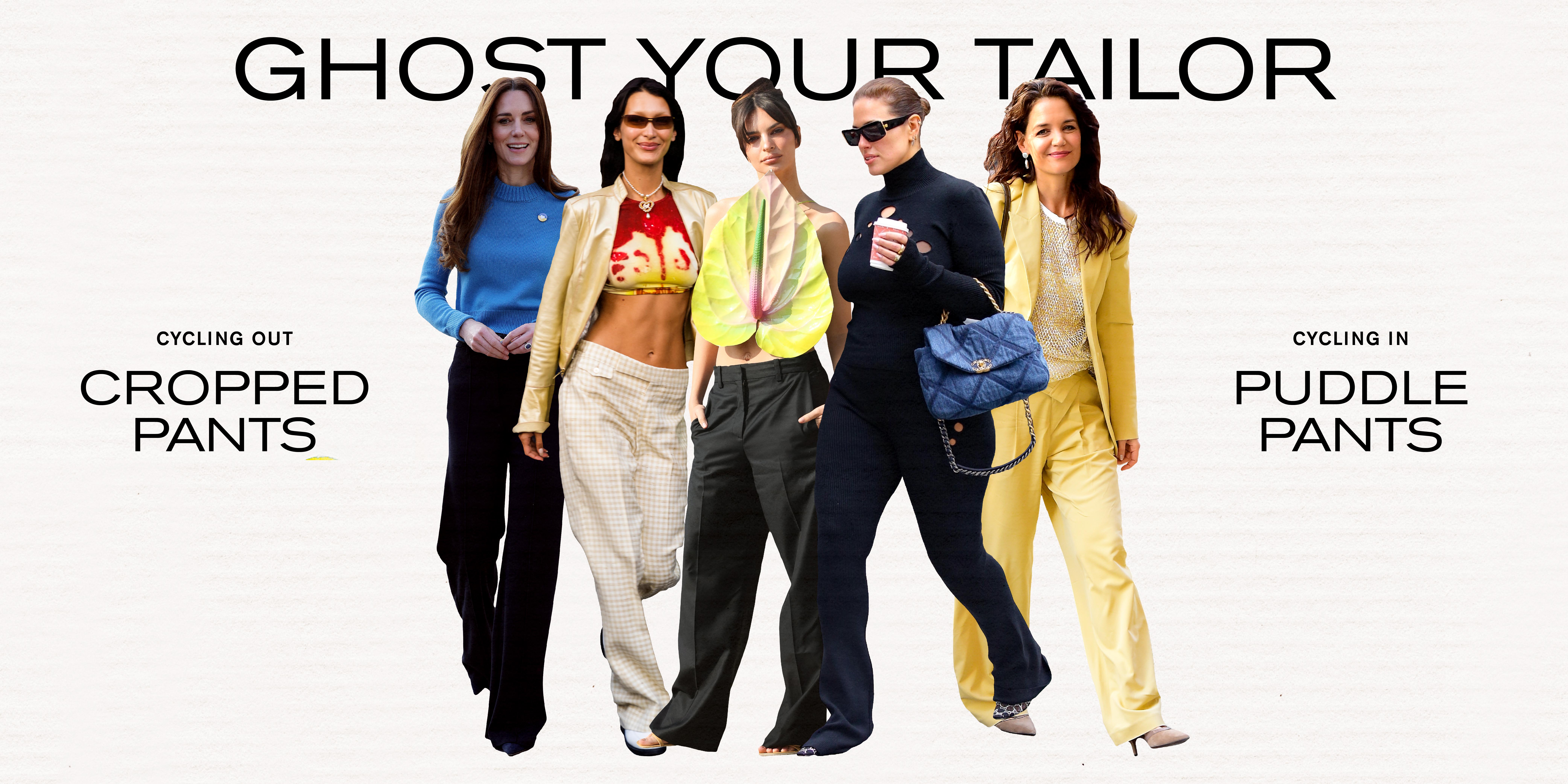
Ultra-relaxed trousers are the perfect example of 2023 style, in our opinion, because they feel like the soft pants we wore in our home-bound era but actually look quite polished for the office and beyond. "In the pandemic, we were getting dressed at the top, but not so much at the bottom, right? Now, people are wearing puddle pants to give more of that loose-fitting loungewear feel without wearing pajamas," Karen notes when we bring up the celebrity-adored trend.
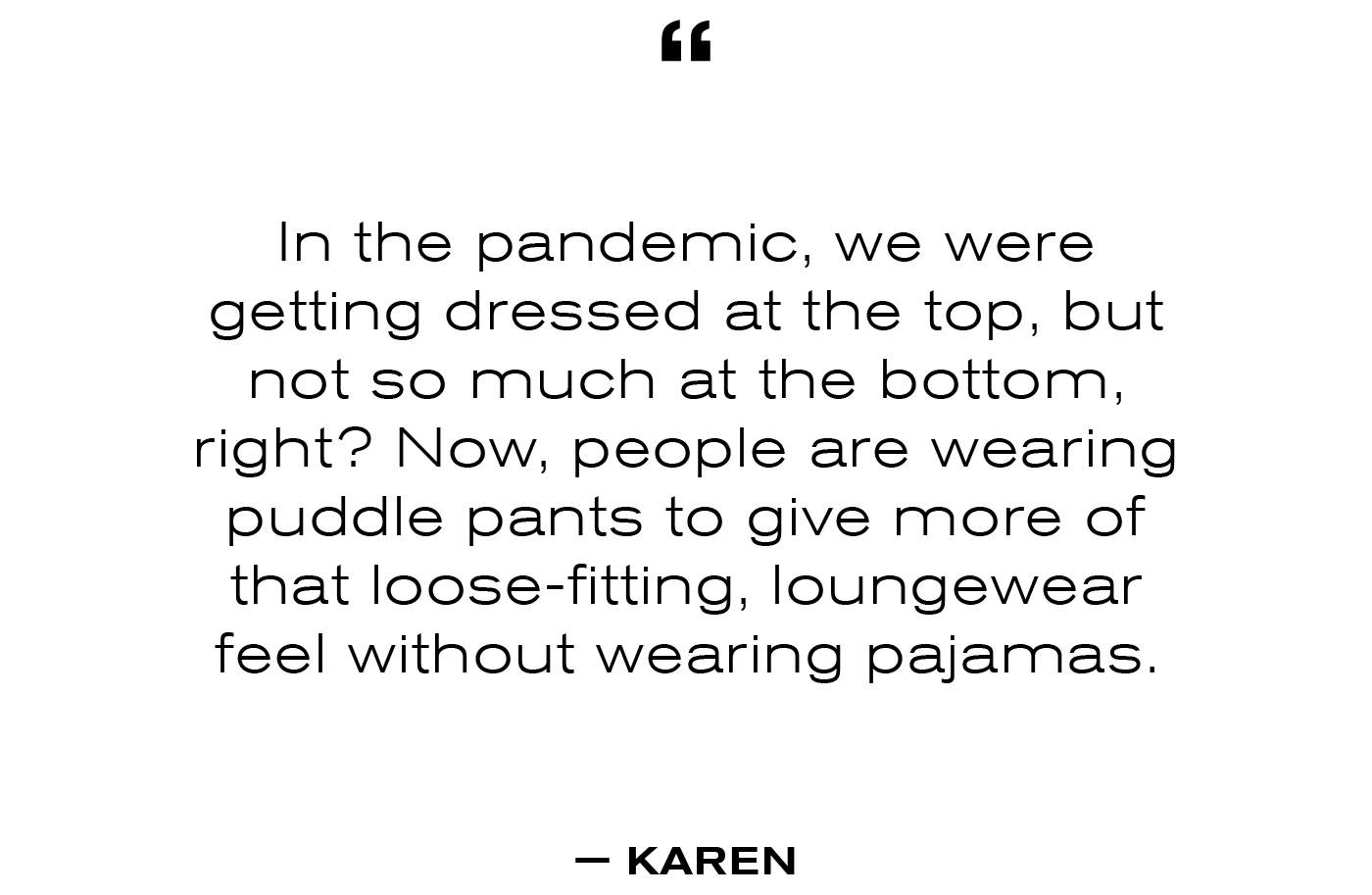
As the name suggests, puddle pants are essentially non-cropped trousers with a few extra inches at the hemline that create a pooling effect around your ankles. The main takeaway here is that a bit of slouch goes a long way, so embrace the length and, most importantly, lose your tailor's number. You'll save money on hemming in the end, so sit back, relax, and enjoy the extra breathing room.
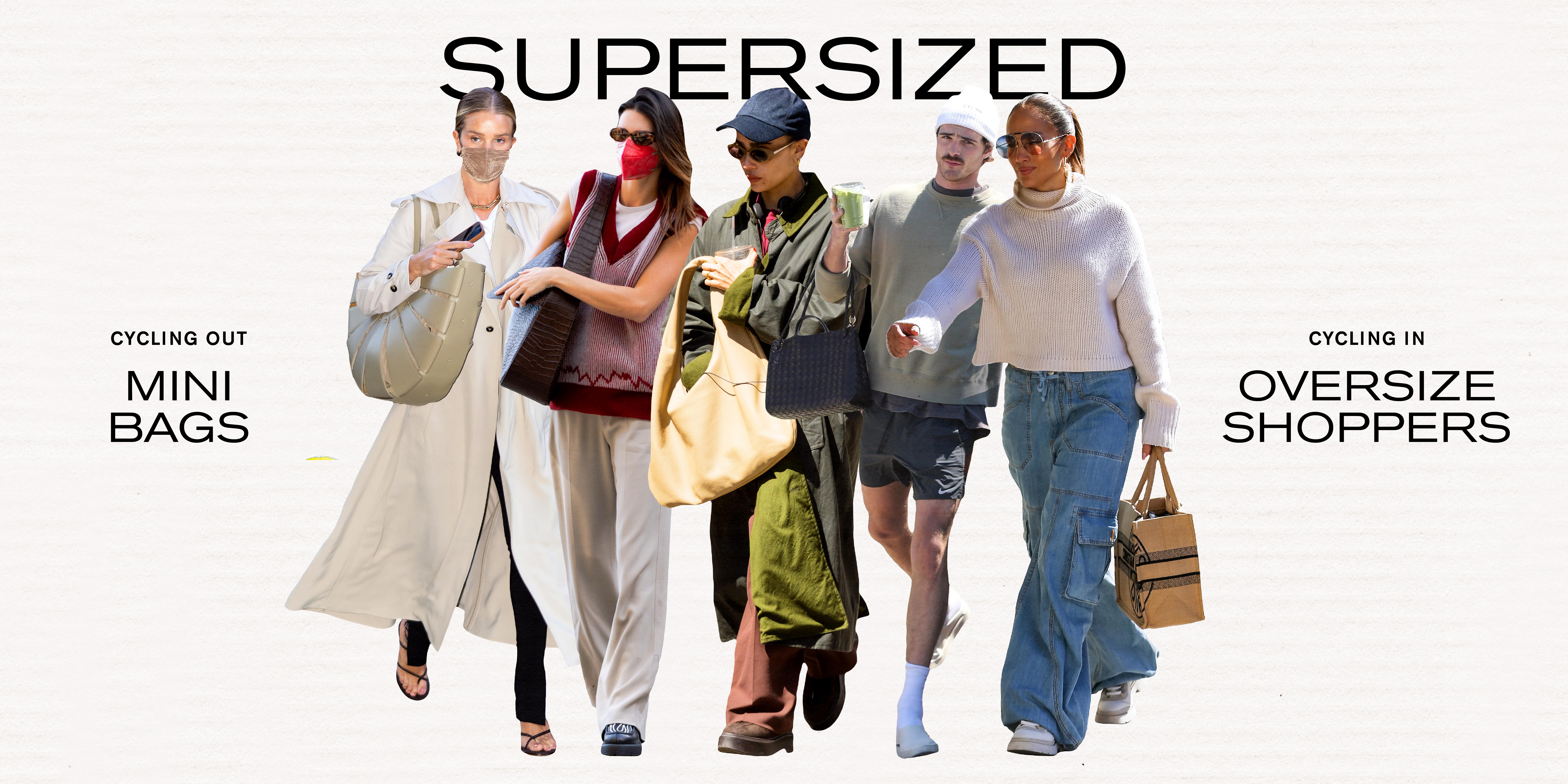
We don't even watch Succession but nonetheless have nearly memorized the scene in which Tom snarls at Greg about his date's ludicrously capacious bag: "What's even in there, huh? Flat shoes for the subway? Her lunch pail? I mean, Greg, it's monstrous. It's gargantuan. You could take it camping. You could slide it across the floor after a bank job." What was meant as a jab was actually incredibly on the nose. We're all entering our ludicrously-capacious-bag era.
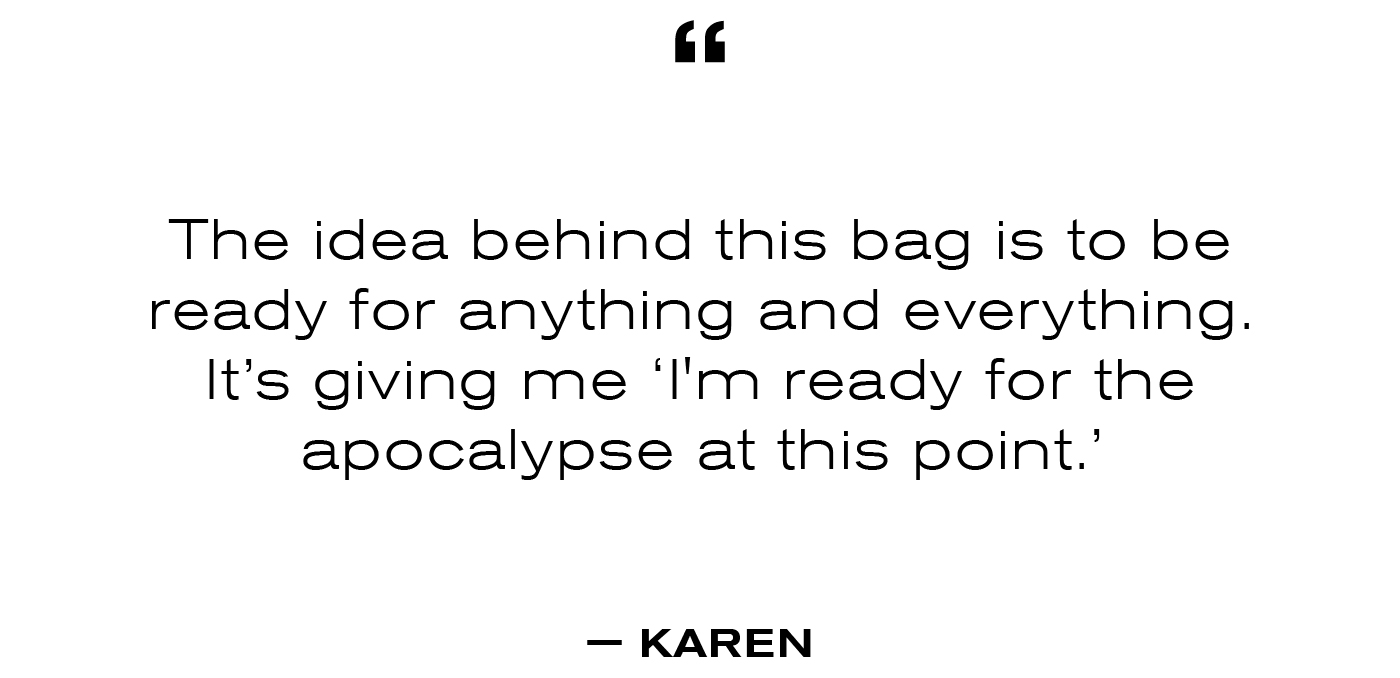
From Jacob Elordi's massive Bottega Veneta Andiamo Bag (which literally means "let's go" in Italian) to the large-scale Chanel 22 carryall that every tastemaker is wearing, there's no denying that bags these days are getting supersized. Go ahead. Throw in your flats for the subway and your lunch pail—these bags are meant for those always on the go, and they signal a return to "normal" life as we once knew it. As for why we might be inclined to pick up a massive bag over a tiny one, Karen suggests that "the idea behind this bag is to be ready for anything and everything. It's giving me 'I'm ready for the apocalypse at this point.'" All bleakness aside, life has picked up again. We're commuting into the office, going from our Pilates classes right to a meeting, and heading out on international trips. In other words, we're going places and need a bag that keeps up.
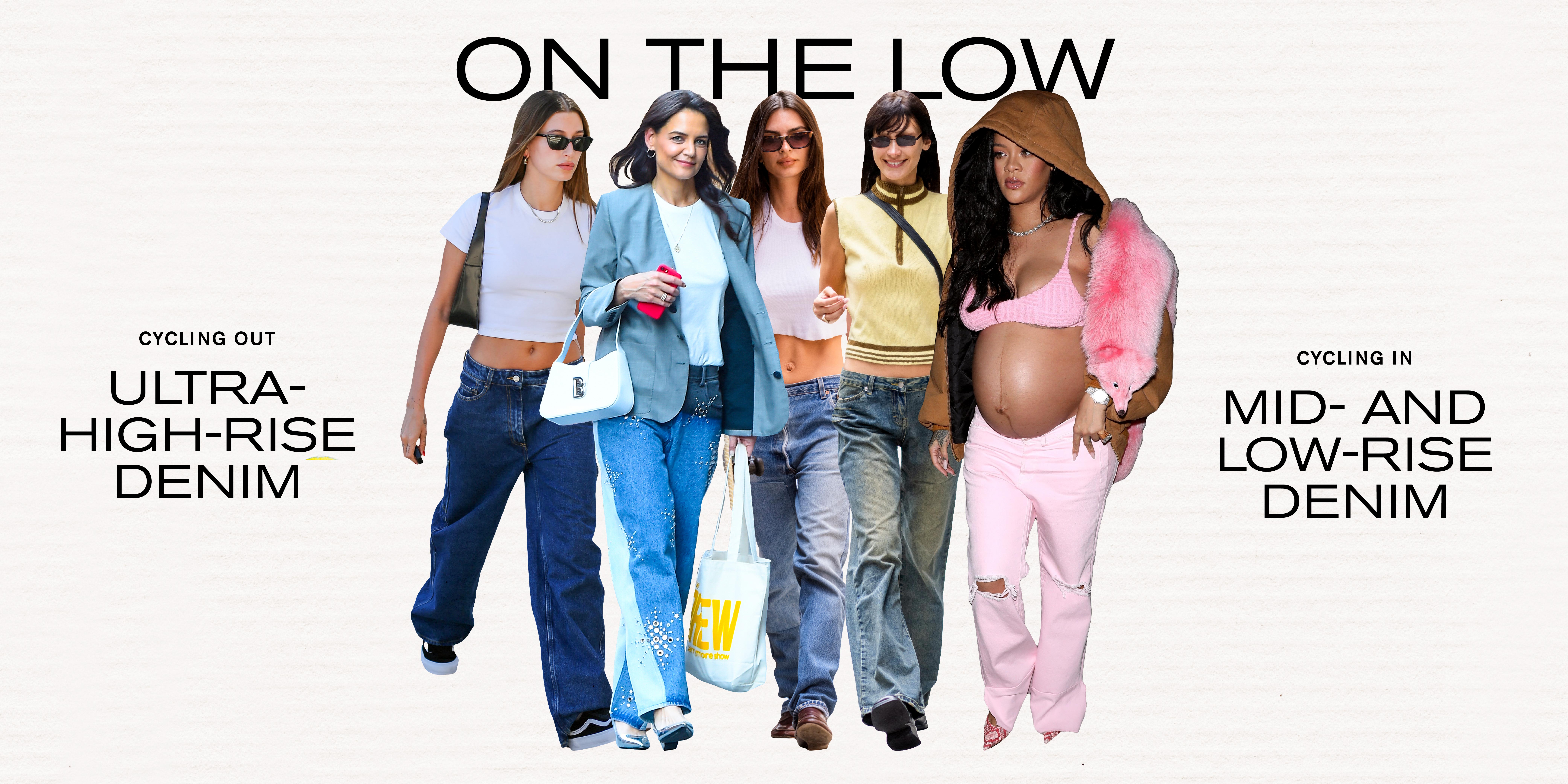
Let's talk about denim. Jeans reliably cycle in and out of style every few years, and that's hardly anything new. Up to now, the shift from skinny and slim fits to relaxed and wide-leg ones has dominated the conversation around cool denim, but beyond new shapes, we need to talk about what's happening with the waistlines on our jeans because they're creeping lower and lower. According to Banner, "Western dress styles were often stuck in a 100-year cycle for a good portion of early modern history, with waistlines either raising or lowering dramatically at the beginning or end." Of course, the current trend cycle has sped up to a pace that's far faster than 100 years at a time, which brings us to the state of waistlines today. "I can't help but be amused to see the return of the early 2000s low-rise jeans not even two decades since they last went out of style," she concludes.
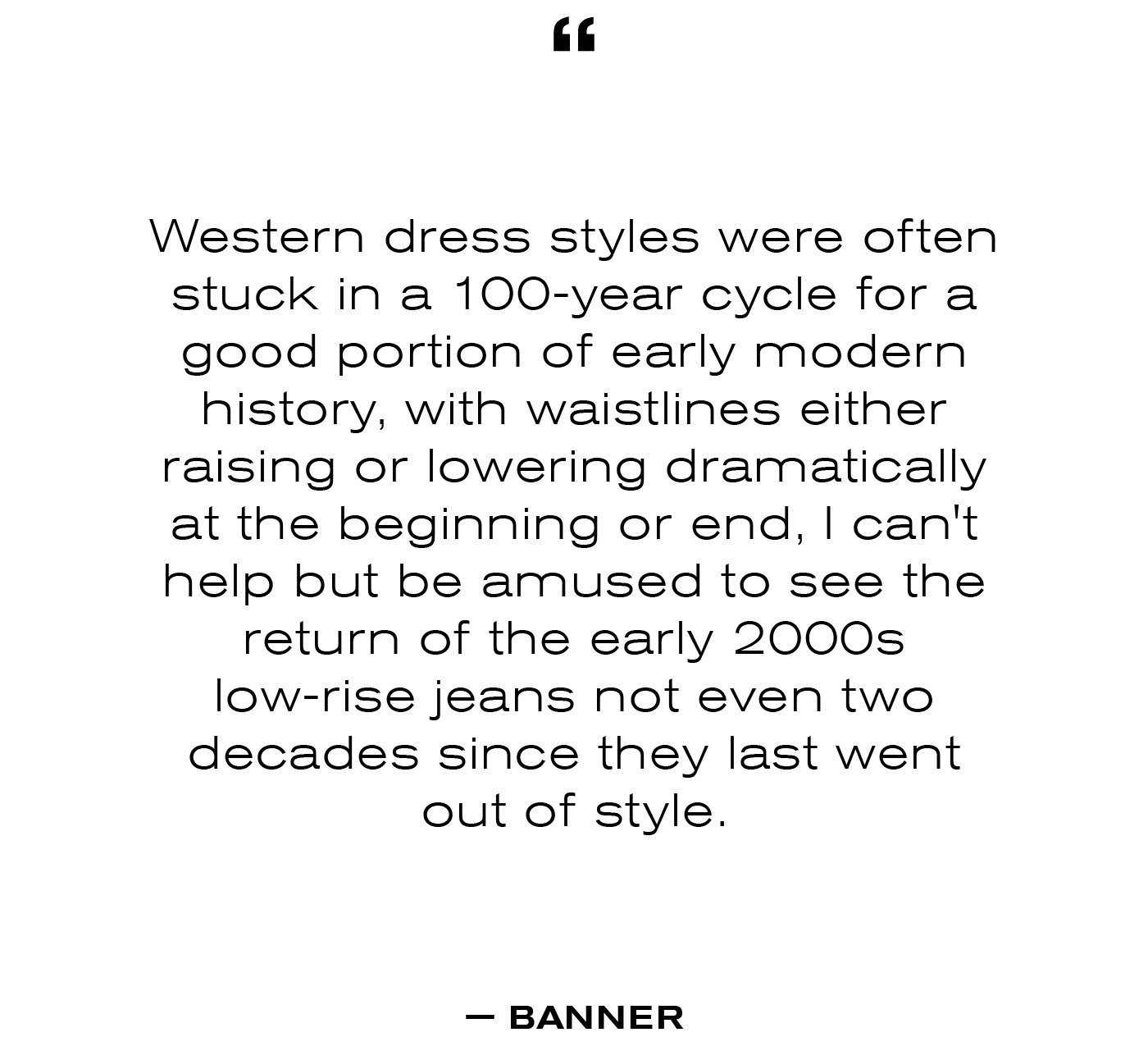
It's not just you. Everywhere we look, low- and mid-rises are gaining ground. A quick scan of the new arrivals from any top denim brand surfaces the same selection, and it's heavy on low-rise, looser-fitting, low-slung, and mid-rise styles. It's almost a one-for-one swap with the ultra-high-waisted styles like the Levi's Ribcage and Agole Pinch Waist jeans that we all owned four to five years ago. Lower-waist versions like the Levi's Lo Pro and Agolde Low Slung Baggy, two best-selling pairs of the moment, are quickly replacing them.
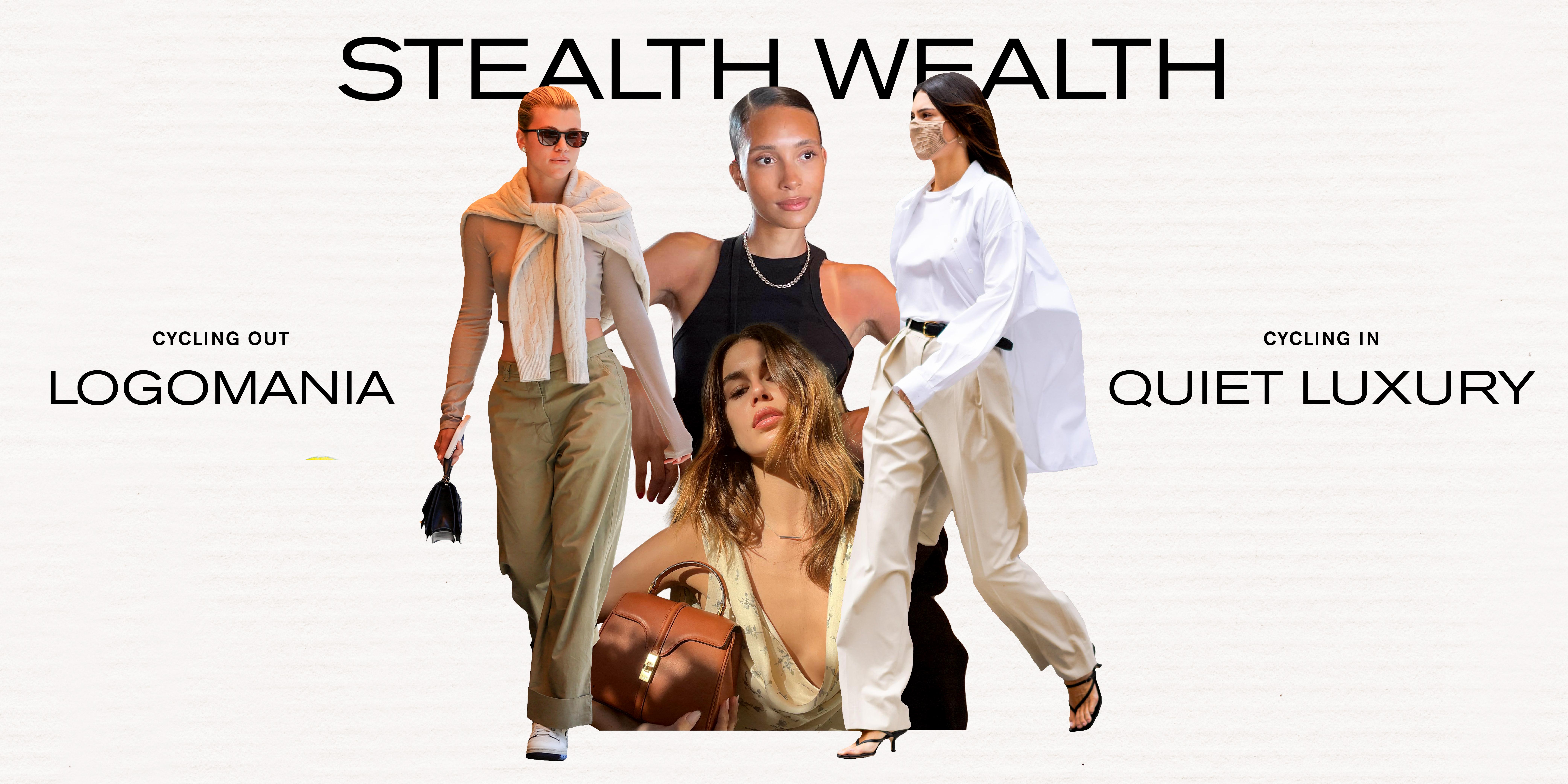
With all the press it's received in recent weeks, you'd be forgiven for writing off the concept of quiet luxury as yet another fleeting trend the fashion industry is trying to sell you on. Yes, the pared-back aesthetic is extremely hot right now, and yes, it's all anyone can talk about. (At the time of writing, searching the term in our inbox is surfacing upward of 200 hits.) But you'd be remiss to think of it as simply another way of repackaging minimalism. Instead, quiet luxury is signaling a greater shift in how we're spending our money and, perhaps more importantly, what we're choosing to spend it on.
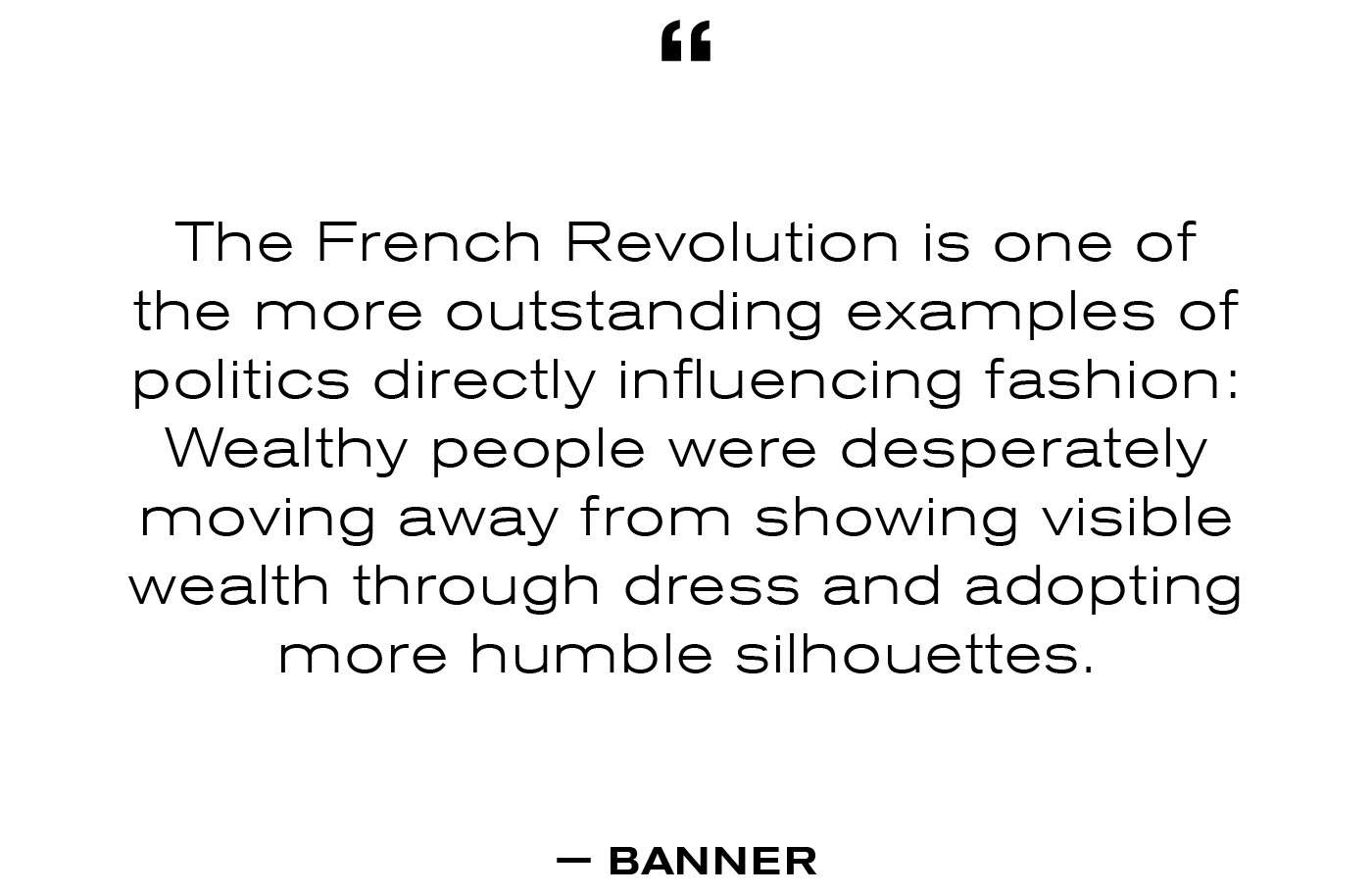
Threats of a looming recession, a 5% inflation rate, and an ever-widening wealth gap are some of the possible explanations as to why those with a luxury budget are investing it in nondescript staples instead of obvious logos that used to signal wealth. The idea that politics and economics have an influence on what's in fashion is hardly novel. "The French Revolution is one of the more outstanding examples of politics directly influencing fashion," Banner says. "Wealthy people were desperately moving away from showing visible wealth through dress and adopting more humble silhouettes."
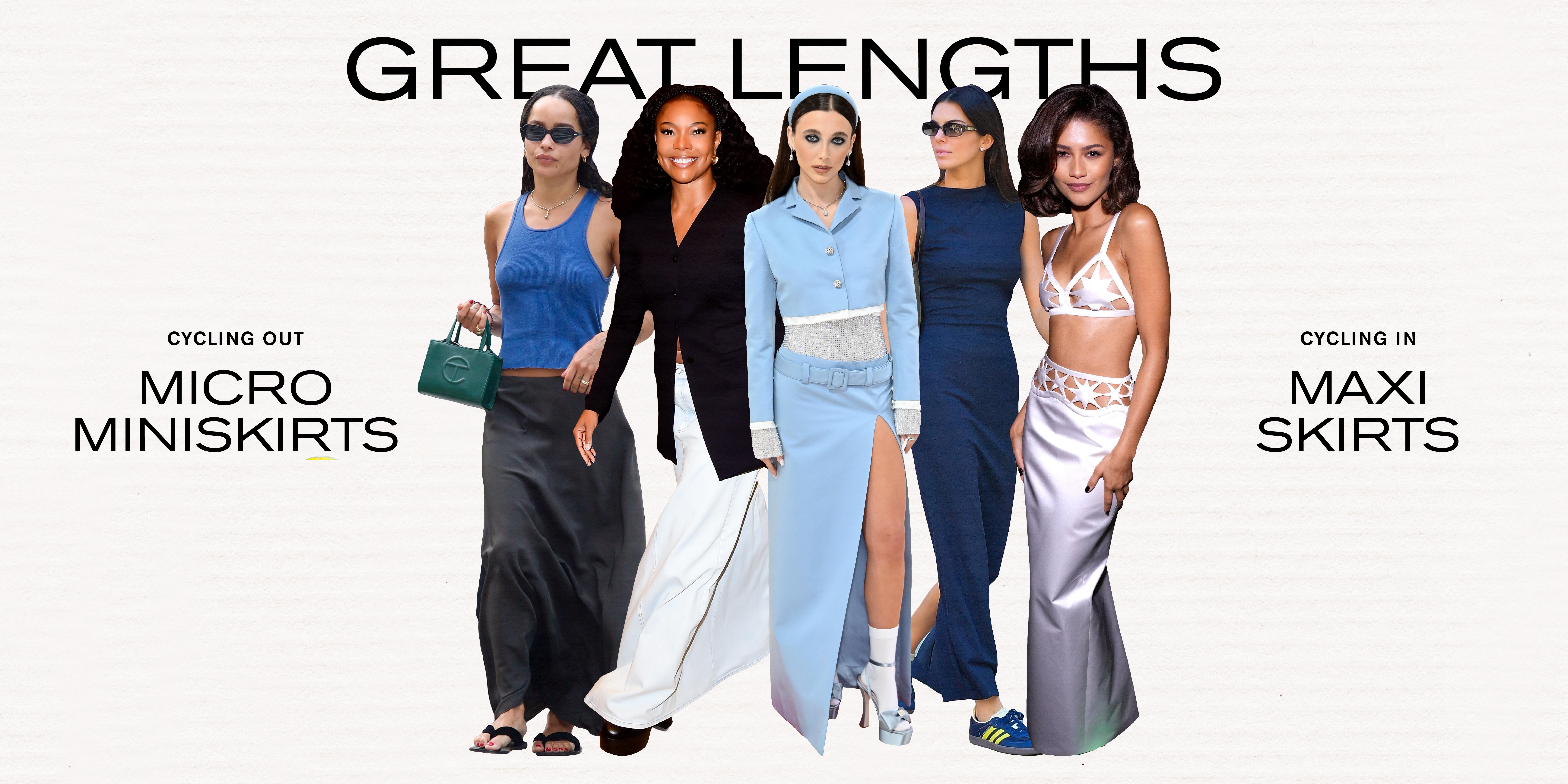
Just like waistlines, hemlines are prone to rising and falling dramatically. Spring 2023 is at the far end of the pendulum, and floor-sweeping maxi lengths are in the lead, infiltrating everything from red carpet attire to everyday street style. As we emerged from the pandemic and embraced "revenge" dressing, it was all about the micro miniskirt and the daringly tiny hemlines that Miu Miu had everyone and their mother talking about. But the euphoria of the post-pandemic era is quickly being eclipsed by growing economic uncertainty, and hemlines are the most obvious style symptom, at least according to Karen. "Psychologically, people do not feel the most fashionable or creative when money isn't flowing," she argues. "Right now, people are shifting priorities, so the focus is not necessarily on styles that capture a lot of attention."
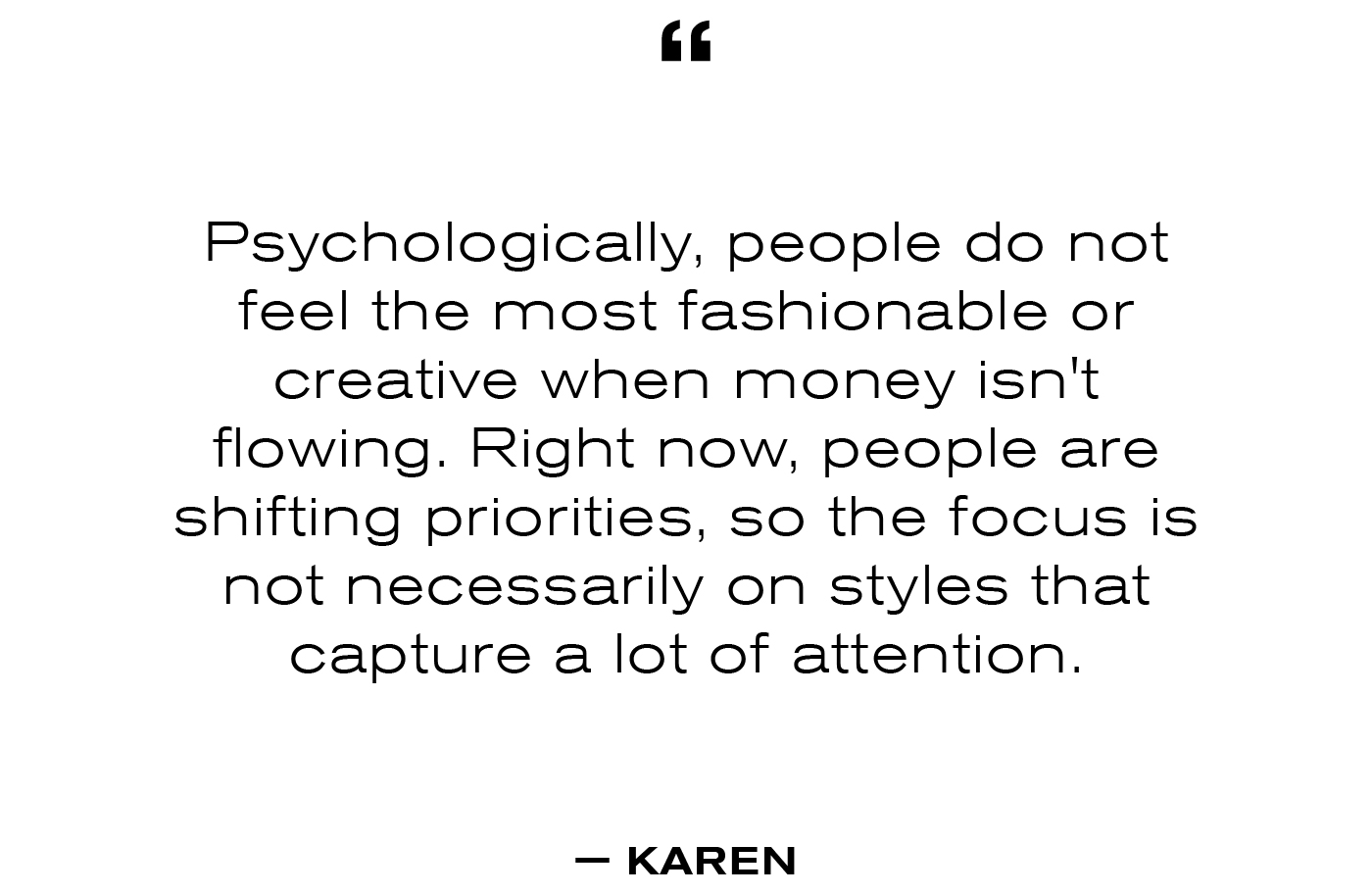
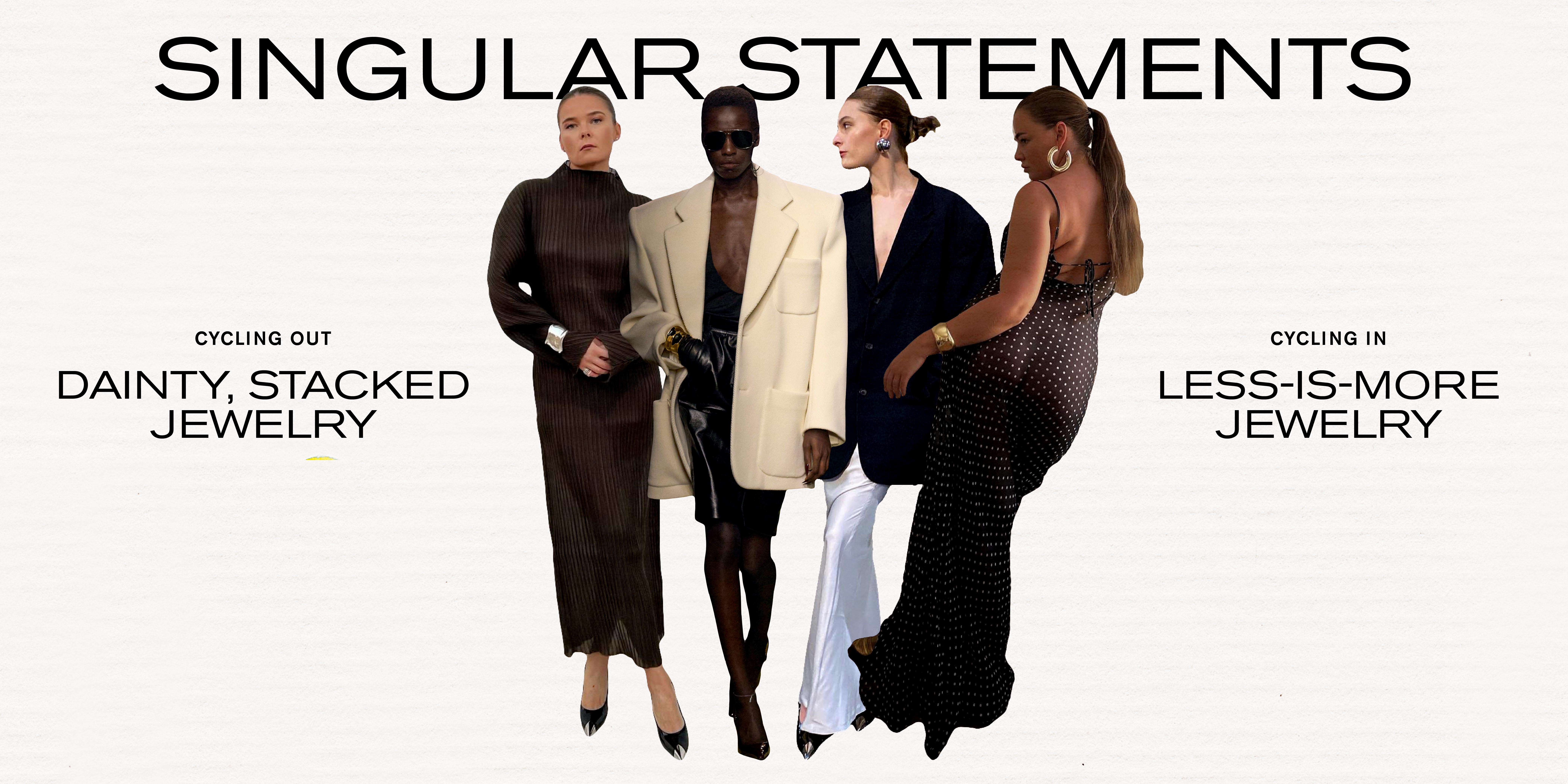
The new motto to embrace when accessorizing? Less is certainly more. For maximal impact, wearing just one or two jewelry items is all you need to make a chic statement. At Saint Laurent, models on the F/W 23 runway finished off their looks with a single bold cuff bracelet, and at Bottega Veneta, the focus was on a viral pair of oversize Drop Earrings. This shift to fewer jewelry items but bolder ones is a nod to the rising aesthetic of '80s excess, but according to Karen, it could also be a more subconscious decision. A focal accessory, as she describes it, is one that holds psychological value and can be worn repeatedly. She adds, "The weight of the item is what matters because if you're feeling anxious, you're going to want something that grounds you."
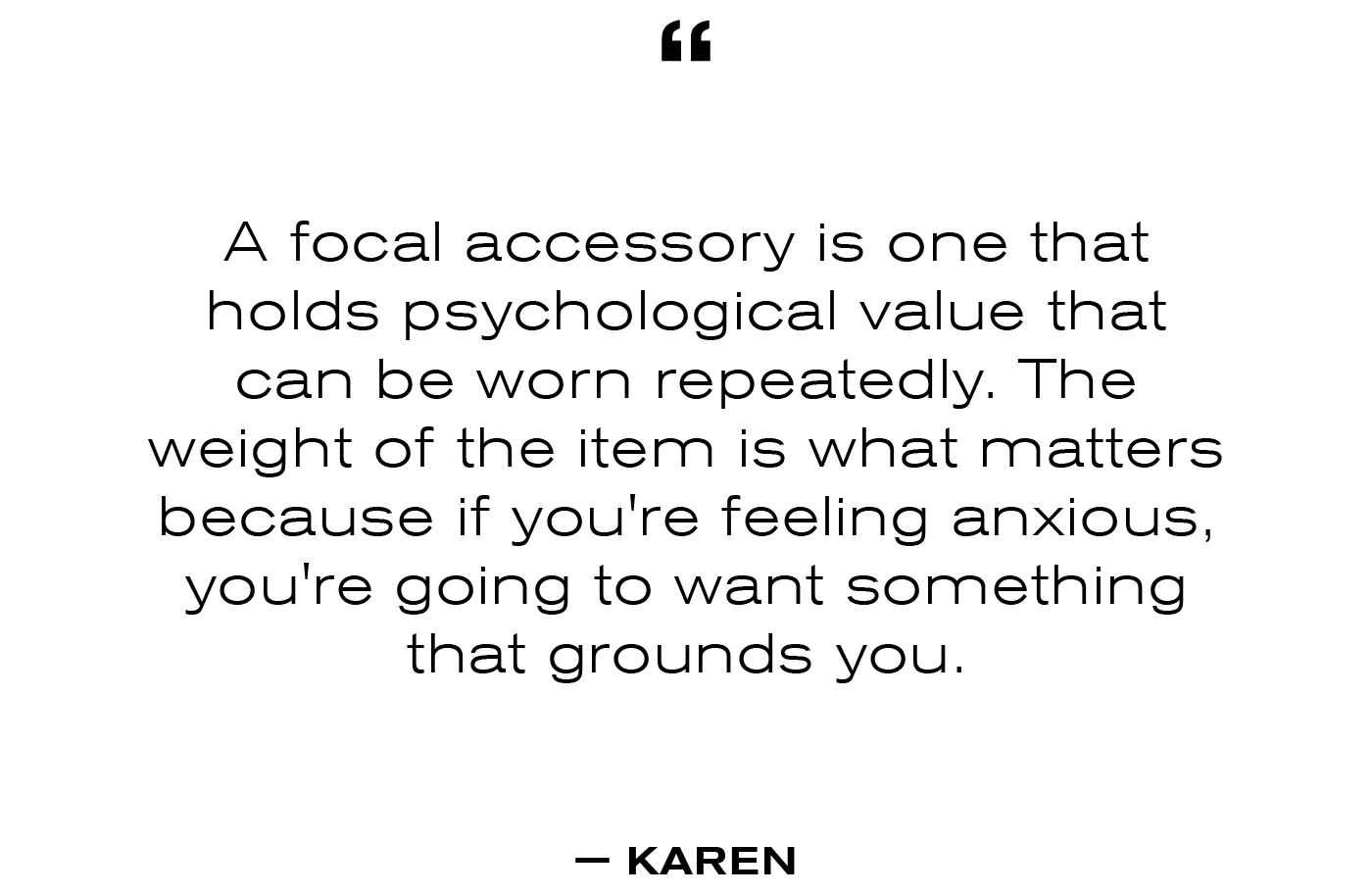
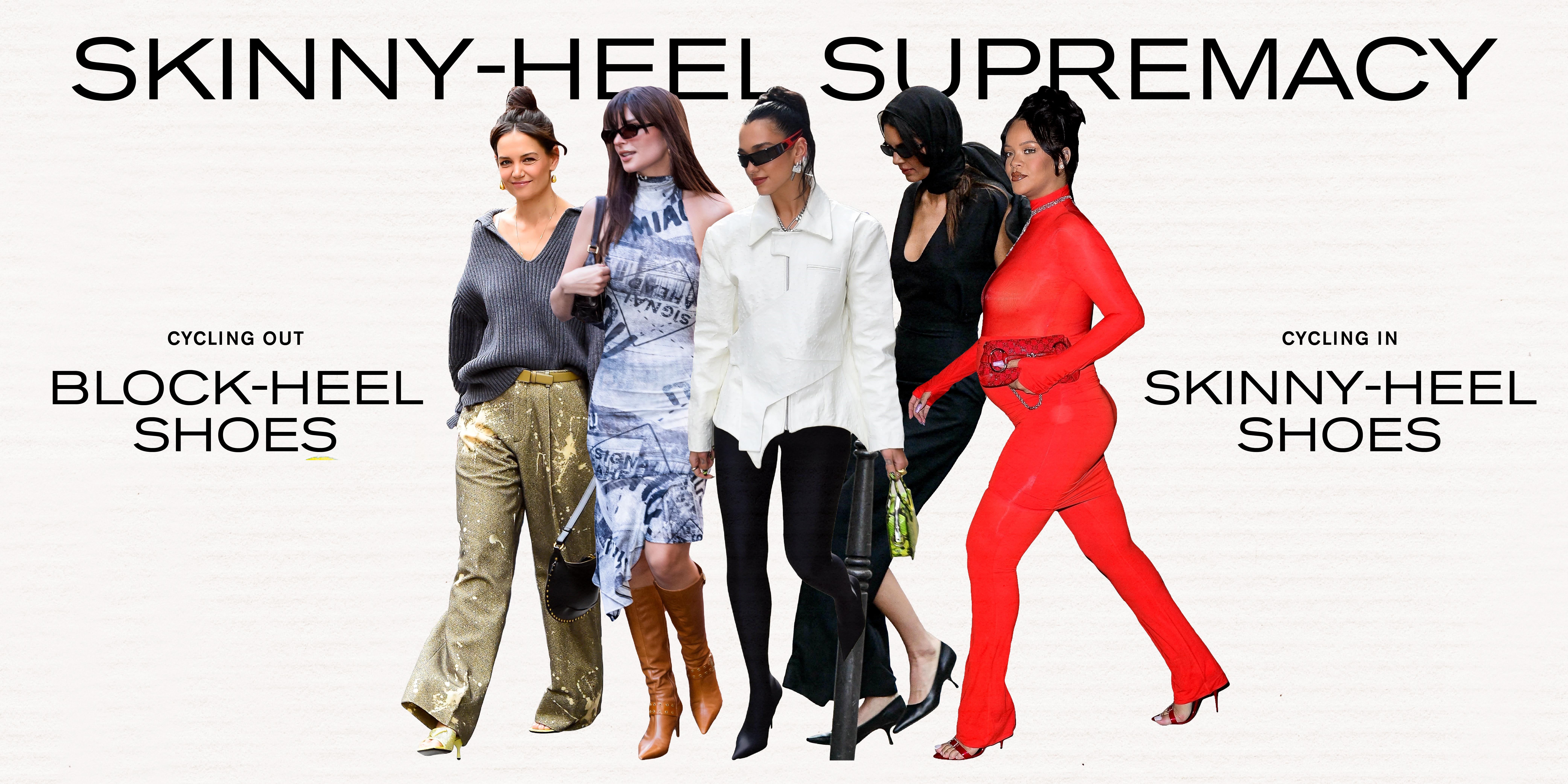
When we looked at the most exciting new shoes to come out of the past year, they all had one thing in common: a skinny heel shape. Whether it's a pair of slingbacks, mules, strappy sandals, or boots, it's becoming clear that stiletto heels both high and low are the new go-tos. As we get our footing back into the previously forgotten-about tall heels from our pre-pandemic wardrobes, style is winning out over comfort and practicality.
Sure, chunky block heels may never be totally gone. If you look at Loewe and The Attico, they've simply morphed into more architectural shapes, but the return of skinny heels is definitely upon us, and it signals a turning point in our priorities from all-out comfort to something more akin to the '90s minimalism that continues to have such a strong influence.
Next: The Spring 2023 Shopping Guide: Where to Buy the Biggest Trends of the Season
Anna is an NYC-based senior fashion editor who has been a member of the Who What Wear team for over seven years, having begun her career in L.A. at brands like Michael Kors and A.L.C. As an editor, she has earned a reputation for her coverage of breaking trends, emerging brands, luxury shopping curations, fashion features, and more. Anna has penned a number Who What Wear cover interviews, including Megan Fox, Julia Garner, and Lilly Collins. She also leads the site’s emerging travel vertical that highlights all things travel and lifestyle through a fashion-person lens.
-
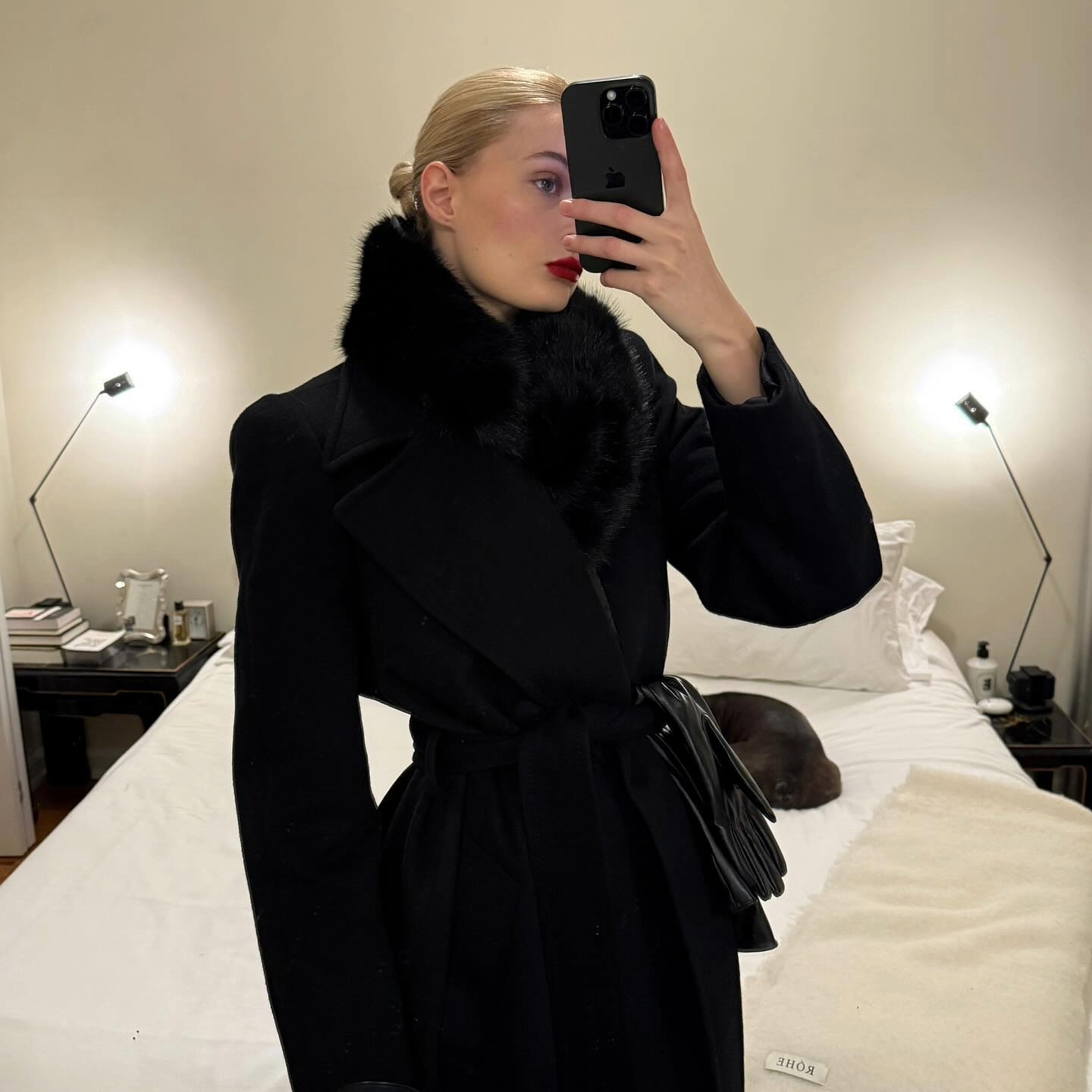 My Word of 2025 Is "Sophisticated," and These 34 Pieces Are the Definition
My Word of 2025 Is "Sophisticated," and These 34 Pieces Are the DefinitionThink structured bags, hourglass shapes, and classic tailoring.
By Caitlin Burnett
-
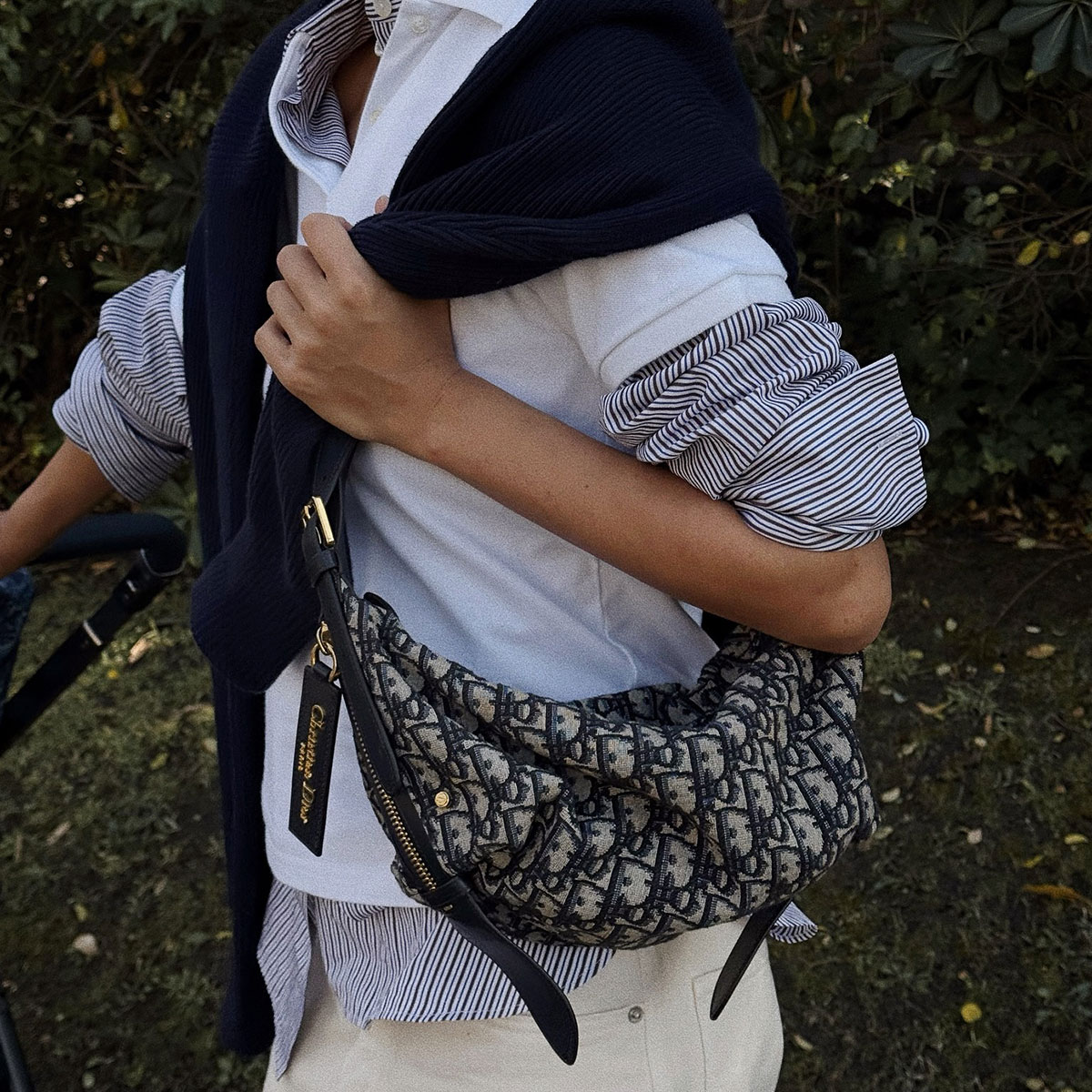 Treating Yourself? What to Buy From the New Designer Collections Before They Sell Out
Treating Yourself? What to Buy From the New Designer Collections Before They Sell OutI'm kind of a pro at this.
By Nicole Akhtarzad Eshaghpour
-
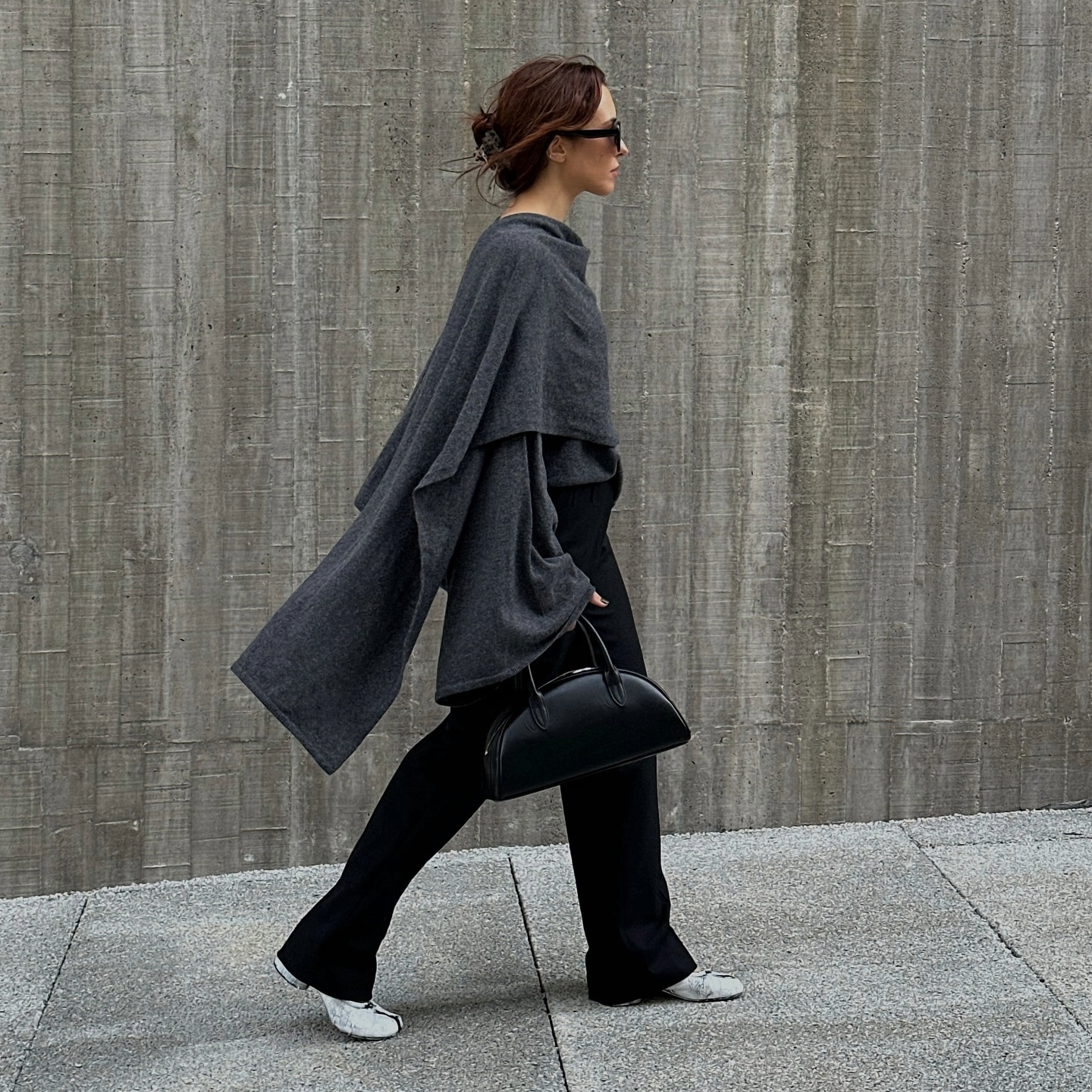 I'm Refining My Wardrobe—36 Staples I'm Eyeing for 2025
I'm Refining My Wardrobe—36 Staples I'm Eyeing for 2025Polished is the word.
By Caitlin Burnett
-
 Prepare Your Wallet: 10 Jewelry Brands Running Deep Discounts for Cyber Monday
Prepare Your Wallet: 10 Jewelry Brands Running Deep Discounts for Cyber MondaySnag that tennis bracelet for 40% off.
By Ana Escalante
-
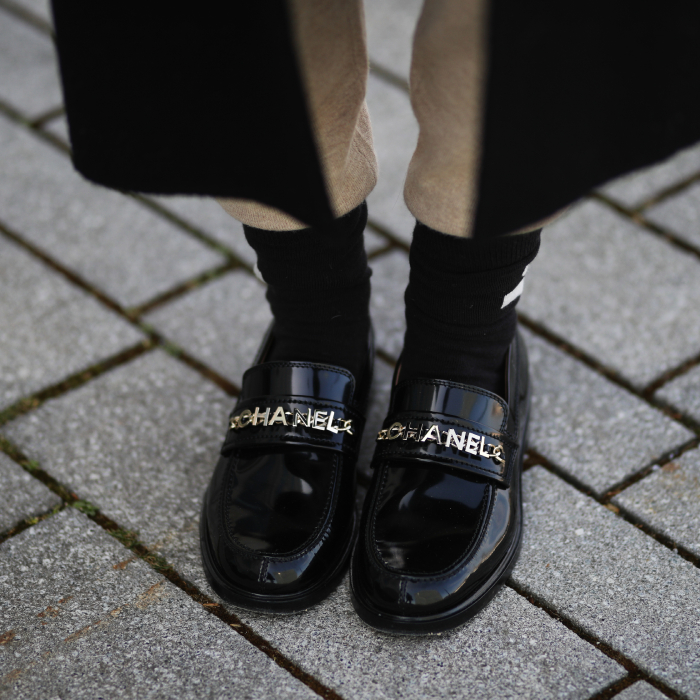 Chanel's Loafers Are the Ultimate Luxury—Here's Why the Fashion Set Think They're Worth It
Chanel's Loafers Are the Ultimate Luxury—Here's Why the Fashion Set Think They're Worth ItThe dream.
By Elinor Block
-
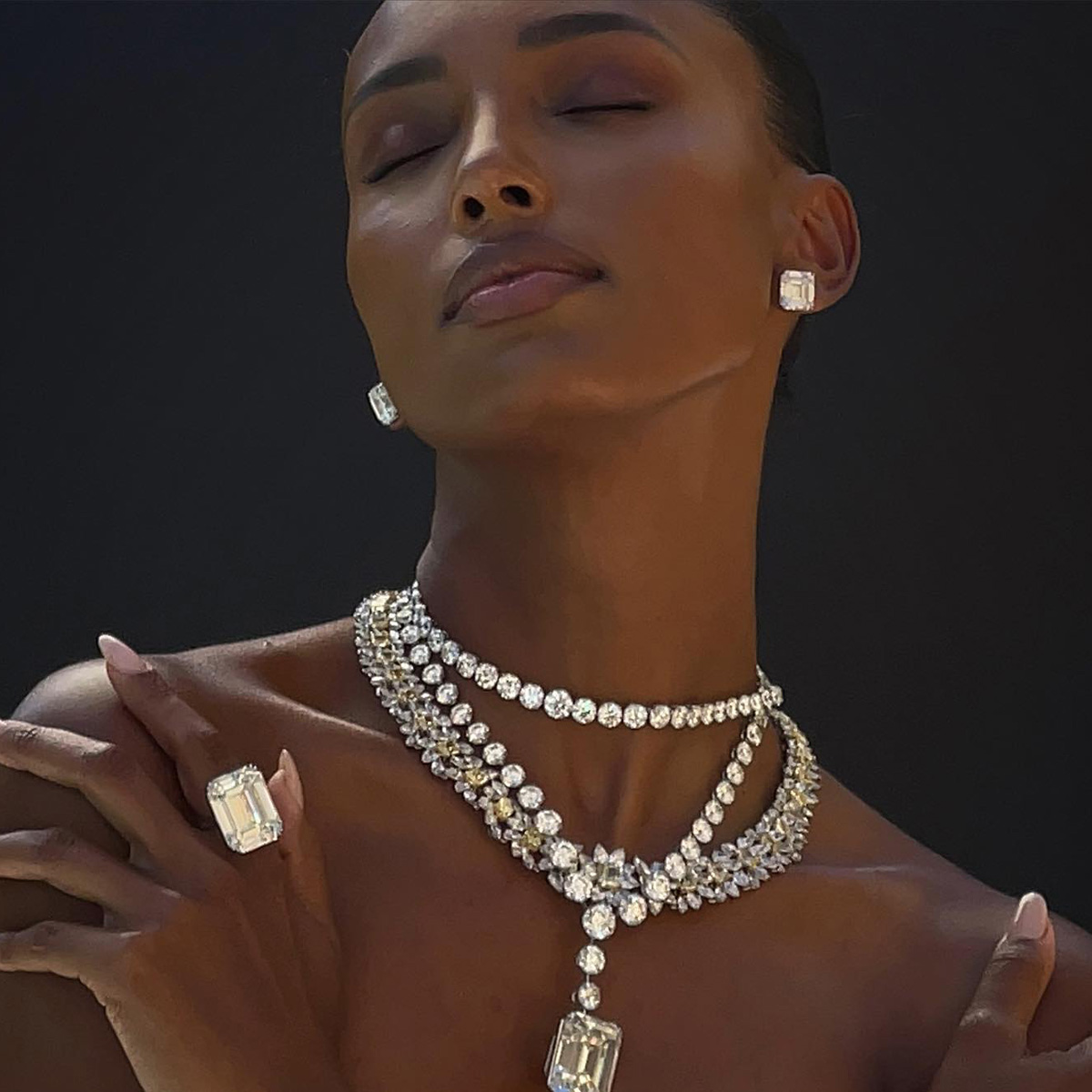 The Stunning Lab-Grown Diamond Jewelry That's Worth the Investment
The Stunning Lab-Grown Diamond Jewelry That's Worth the InvestmentShine bright like a diamond.
By Ana Escalante
-
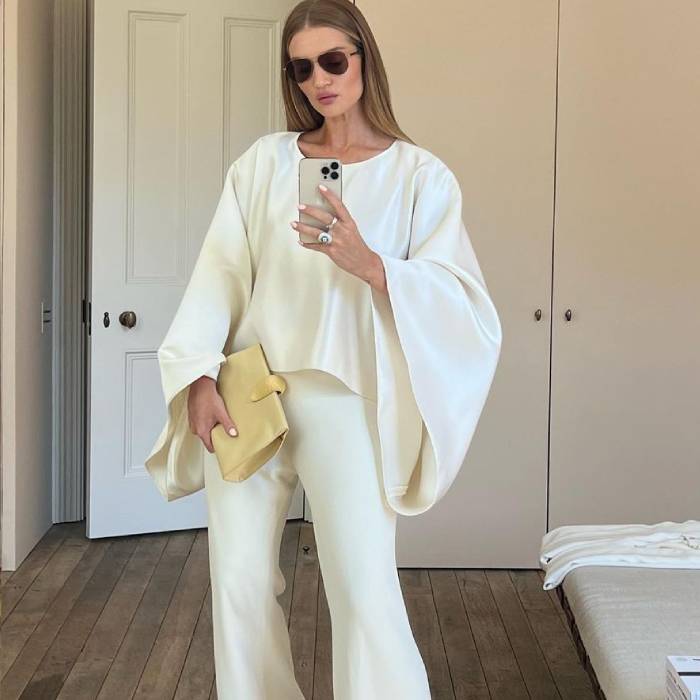 We're Fashion Editors—the 9 Best Items From The Row That Are Truly Worth the Investment
We're Fashion Editors—the 9 Best Items From The Row That Are Truly Worth the InvestmentThey'll never date.
By Emily Dawes
-
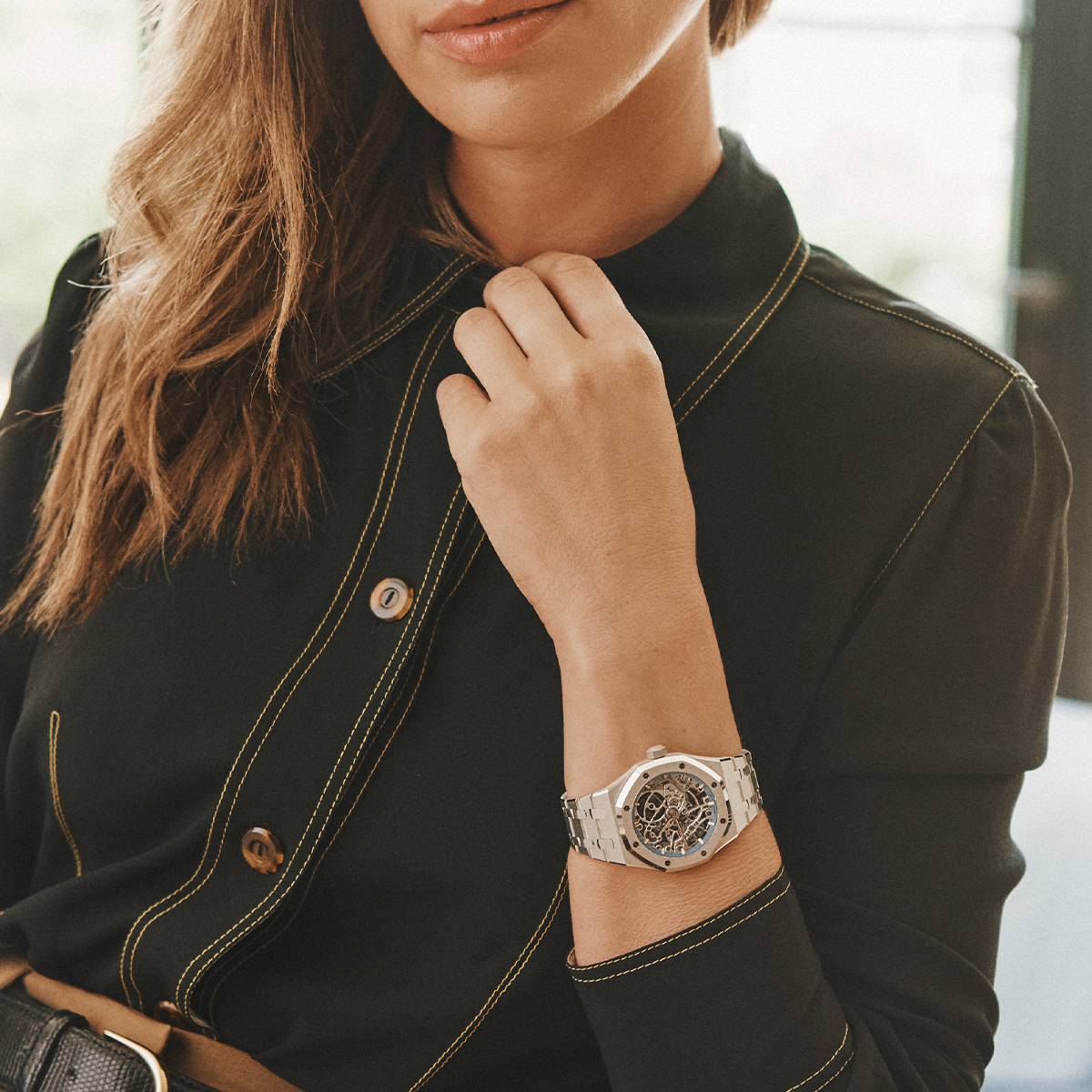 The Only Watch Styles Worth Investing In According to an Expert
The Only Watch Styles Worth Investing In According to an ExpertSponsor Content Created With AP
By Aniyah Morinia
